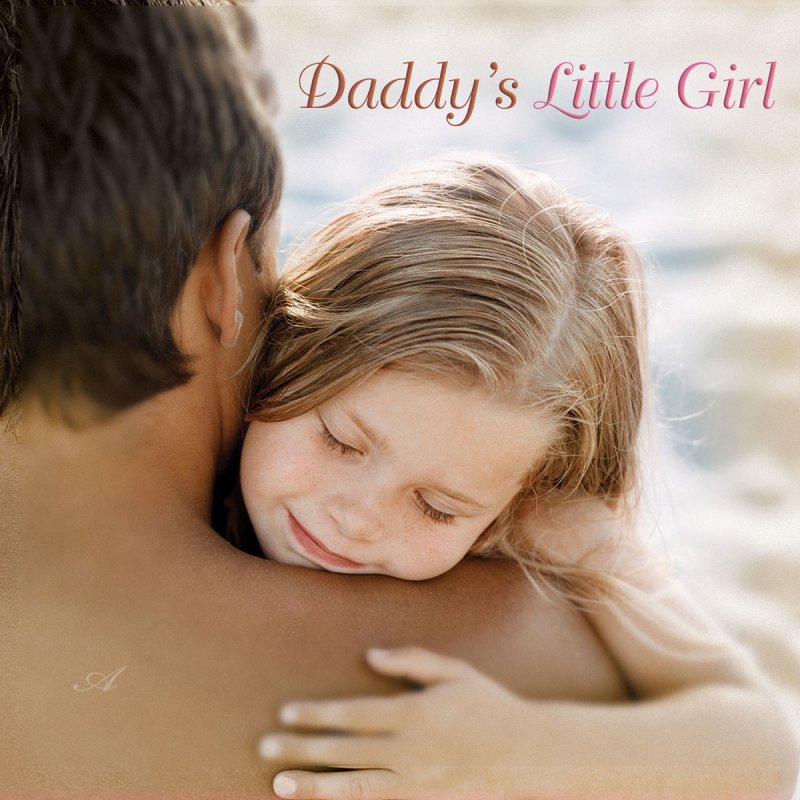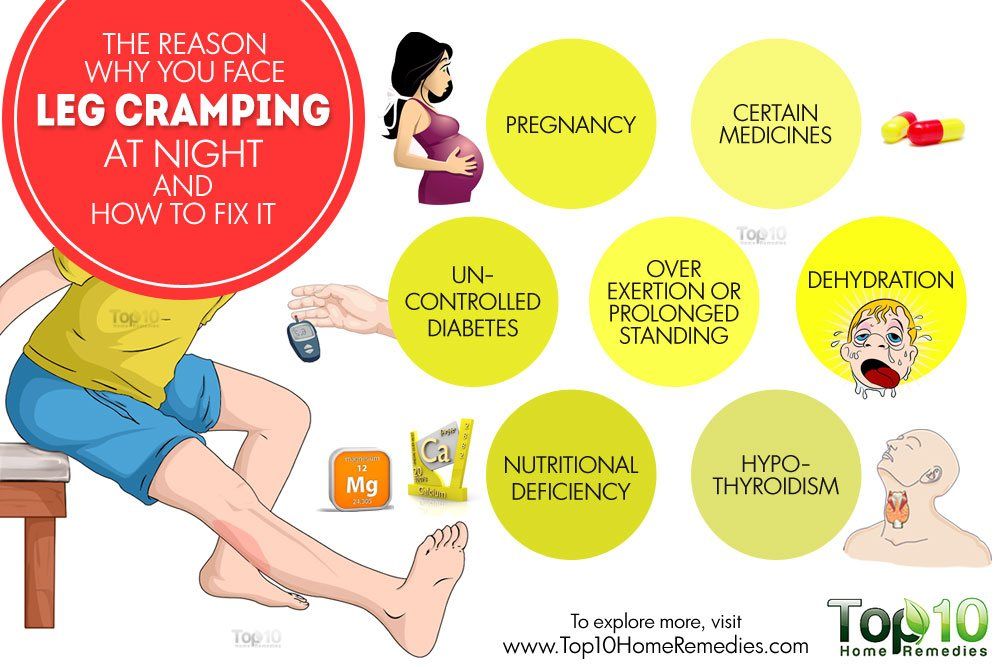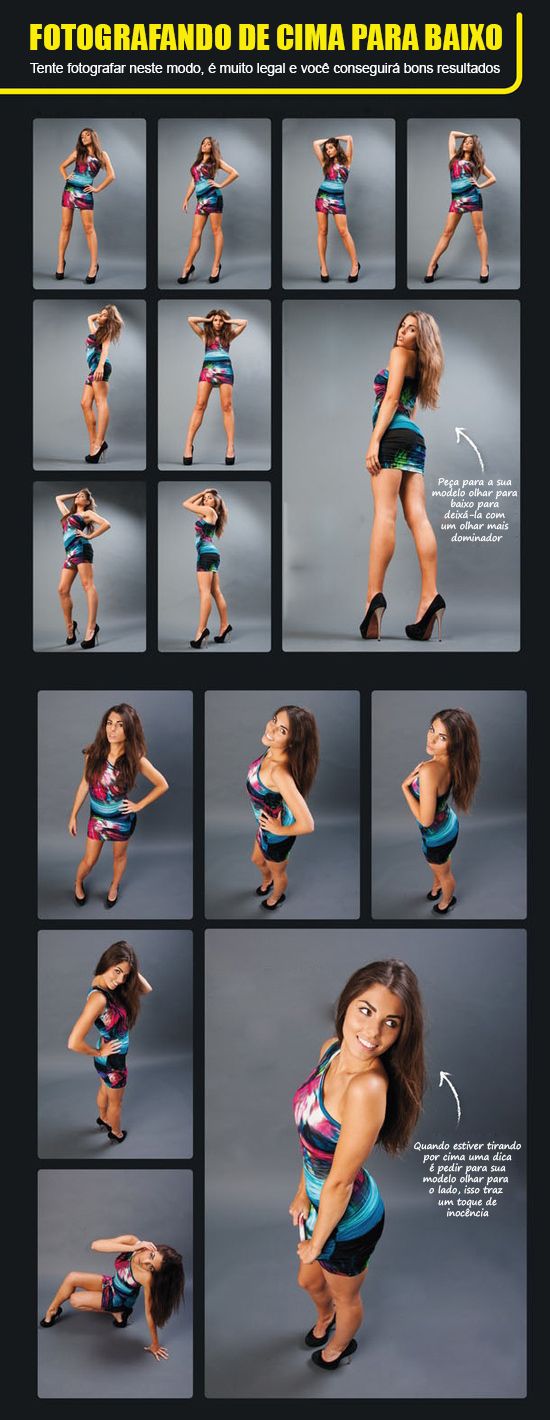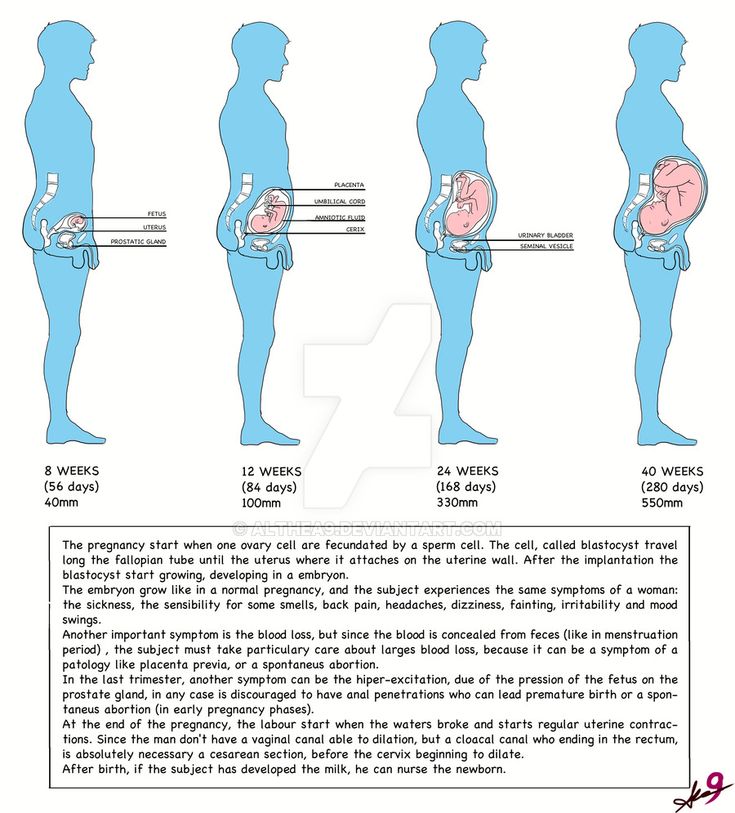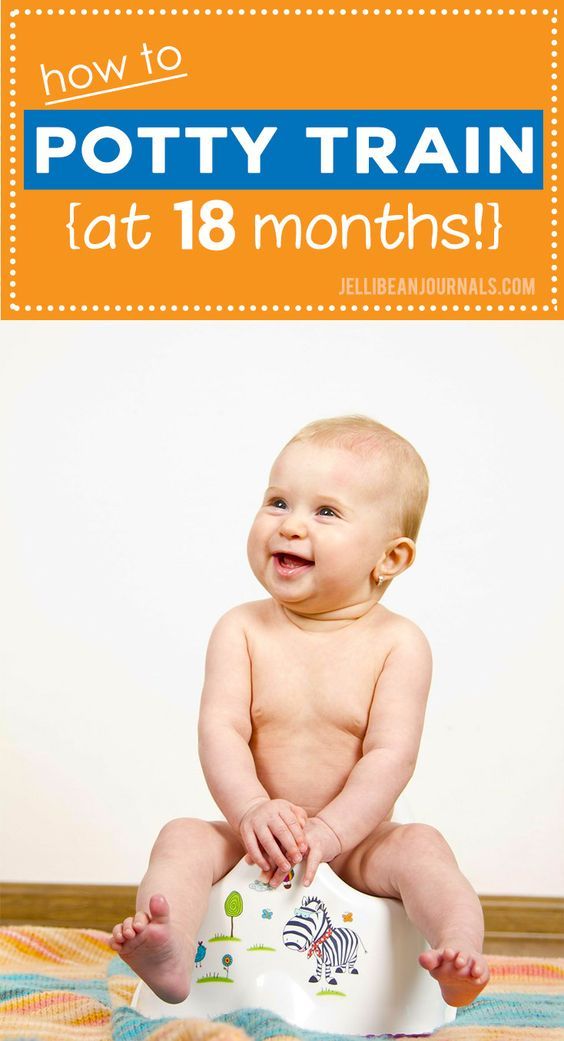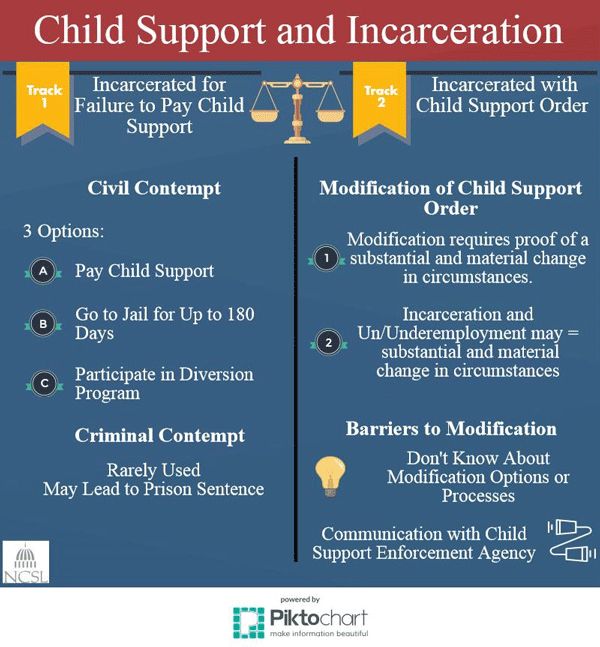Being a young father
Being a young father | MensLine Australia
Win and Steve are both passionate skateboarders, but they’re even more passionate about being dads. Reflecting on their lives growing up as young fathers, Win and Steve understand the pressures of being a young and single father and want to raise awareness about the mental health issues of single dads.
We spoke with Win of 2 DADS about what it was like to become a father at 17 years old, and the wisdom he’s learnt along the way.
Win and Steve are both passionate skateboarders, but they’re even more passionate about being dads. Both Win and Steve had kids at a very young age (Win was 17 when Cameron was born, and Steve was 21 when Zach was born). Some 15-odd years later, Win and Steve understand the pressures of being a young and single father and have joined forces to create “2 DADS”, an organisation aiming to raise awareness about the mental health issues of single dads.
“Both Steve and I separated from our children’s mothers early on in parenthood and were faced with some very trying and low times.” – Win
Having struggled with growing up themselves as all teenagers do, plus becoming a young parent, Win and Steve know first-hand the challenges young, single dads face. They’re both proud fathers, and pleased to have come out the other side stronger and wiser. Although they acknowledge that their struggles took them on a difficult and sometimes dark journey, they both know they have built amazing relationships with their sons.
Ultimately, for Win, the coolest thing about being a parent is just that, being a parent. Win explains, “Everything about it is fulfilling: the challenges, the teaching, guiding, nurturing. I’ve become who I am because of my son, I’ve matured and found a new way of being able to love someone unconditionally. My son looks up to me the same way I look up to my Dad. I’d have to say that the coolest thing about being a parent is knowing that I’m my son’s hero.”
Six tips for Dads
- Never give up on yourself: you have to be in peak condition to be a good Dad, so taking care of yourself is a major priority.
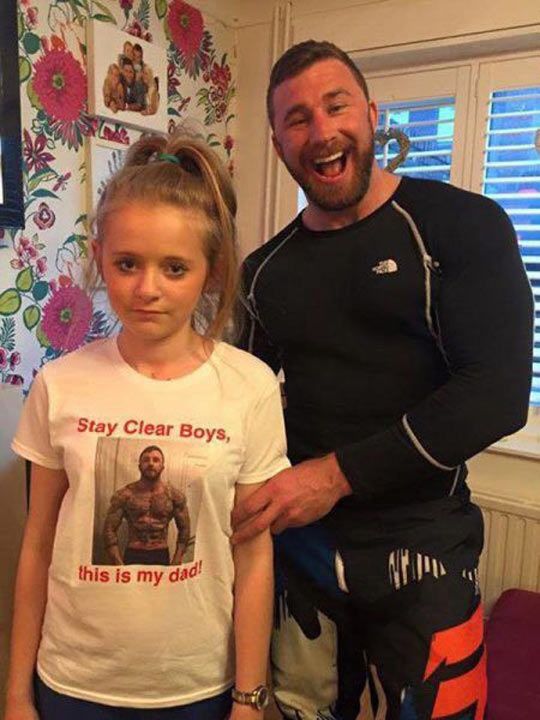
- Never be ashamed to ask for help: being a parent is tough, and men don’t have the networks that women do for support. Seek out networks of support, or start your own. Reach out for help, and receive it when it comes your way.
- You’re responsible for these kids: own it. Take that responsibility by the horns and run with it. If you’re scared just remember, people have been doing this parenting thing for hundreds of years. The only way to fail at it is not to try.
- Educate yourself: read all of the books (from the library if need be) whether they’re for dads, for mums, for parents, or for teachers. Get your hands on any information out there, including the internet and your peers. Never stop learning.
- When it comes to navigating a relationship with the mother/your ex/the grandparents, keep remembering that the kids are the most important part of all of this. Sometimes you need to take the high road, bite your tongue, and get on with things.
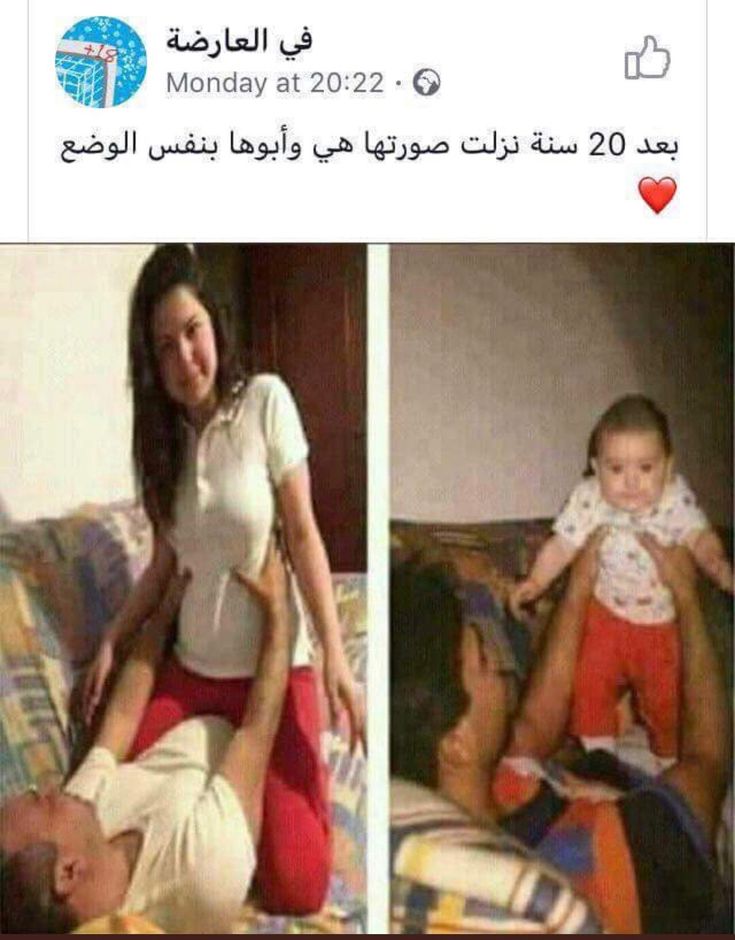 As Win shares, “Breakups are hard and messy but try to be an adult and mature about the whole situation. As a father you have to respect how difficult it is being a mother and that they are the mother to your children, so treat them with respect and love. I know it’s easier said than done but try.”
As Win shares, “Breakups are hard and messy but try to be an adult and mature about the whole situation. As a father you have to respect how difficult it is being a mother and that they are the mother to your children, so treat them with respect and love. I know it’s easier said than done but try.” - The best thing a Dad can do is show up. Put in an effort to be there, whether that’s a regular phone call, going to sports events or showing up to school assembly once a term. Prioritise being available and being present.
If you know a young, single father, take the time to reach out and offer them your support, there isn’t a lot out there for Dads trying to figure things out on their own. Be there for them, so they know they have someone to turn to when they need to have a cry, or a vent, or when they need a hug. Often Dads put themselves down, and they truly believe that they aren’t a good father, so positive reinforcement can go a long way.
Win and Steve teamed up with Headspace to create an event – GET RAD for DAD – in Northcote, VIC.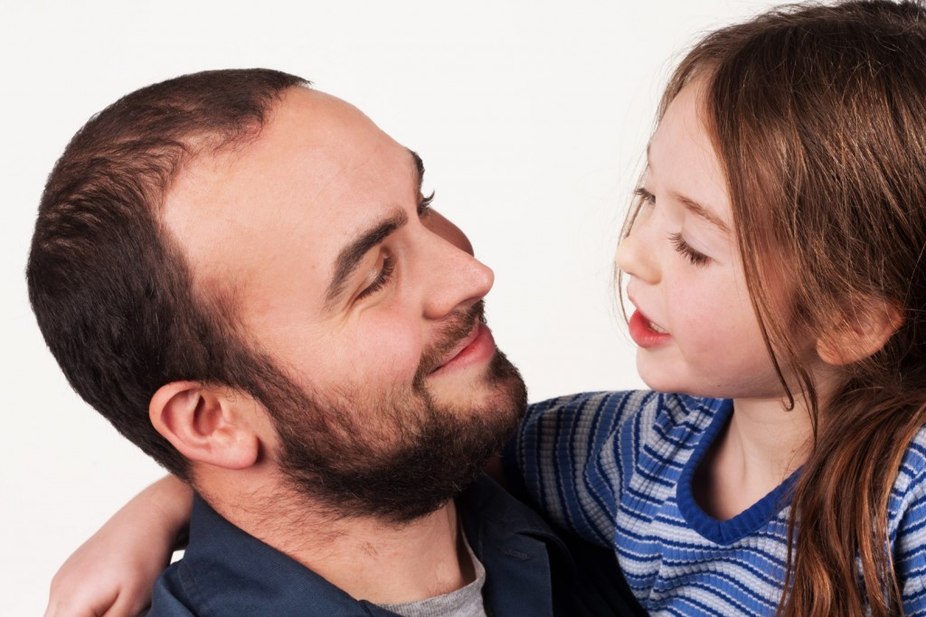 It was a skateboarding based event with food, games, prizes, raffles, skate prizes for the skaters, demos etc. The event was for the whole family, everyone was welcome, and a gold coin donation helped to raise funds for local youth and young fathers, just like Win and Steve.
It was a skateboarding based event with food, games, prizes, raffles, skate prizes for the skaters, demos etc. The event was for the whole family, everyone was welcome, and a gold coin donation helped to raise funds for local youth and young fathers, just like Win and Steve.
MensLine Australia has professional counsellors available 24 hours a day, seven days a week, providing confidential and anonymous information and support for all father and parenting issues.
Call us on 1300 78 99 78 or access online counselling.
More from being a dad
FilterBullyingCommunicationFirst time dadHomeschoolingSignificant daysStep familiesWhat isYoung parent
First time dad
Becoming a Father for the first time can be one of the happiest times in your life, it can also be a very emotional and confusing experience. Let MensLine Australia give you the right advice and support to make the most of this new change to your life, enjoying all that comes with it.
Read more
First time dad
Becoming a Father for the first time can be one of the happiest times in your life, it can also be a very emotional and confusing experience. Let MensLine Australia give you the right advice and support to make the most of this new change to your life, enjoying all that comes with it.
Read more
Tips for building emotional development in children
Do you ever hear parents exclaim “Back in my day…” in relation to the difference between how they were raised and how their children are being brought up? Perhaps you too notice differences between the way you were raised and the way you are raising your child?
Read more
Be a good dad - help your kids overcome bullying
No parent ever wants to hear that their child is a victim of a bully. Here are some tips on how to be a good dad and help your kids through this difficult time by recognising bullying and helping put a stop to it (without getting all Clint Eastwood about it). #BullyingNoWay
#BullyingNoWay
Read more
A new dad’s guide to surviving the first month
The first four weeks of being a new dad will be one of the scariest times of your life. To make this a little less scary we’ve complied a few tips on how to get through it.
Read more
A new dad’s guide to surviving the first month
The first four weeks of being a new dad will be one of the scariest times of your life. To make this a little less scary we’ve complied a few tips on how to get through it.
Read more
View more
Young Fathers | Fatherhood.gov
Assisting young fathers (ages 16-25) with the joys and challenges of parenthood are a central focus of fatherhood programs. Many young fathers are extremely involved in the lives of their families and will participate in fatherhood programs if services are designed to meet their needs.
While they face the same demands as all new fathers, young fathers in their teens and early twenties face additional challenges as they move into adulthood. They may not have finished high school, and they often are not married or even living with the mother of their child.
In general, young parents tend to be emotionally and intellectually unprepared for parenthood and may reflect this by showing impatience and intolerance toward their children.
Additionally, young fathers may feel excluded by the mother or the mother’s family. In some cases, a young father’s own family may try to discourage him from being involved due to financial or other concerns. Therefore, assisting young fathers remains a key component of many fatherhood programs.
Tips & Best Practices
- Use the latest research and statistics on young fathers. The Office of Adolescent Health, Department of Health and Human Services’ Resources for Serving Young Fathers (2016) supports and informs anyone working with young fathers.
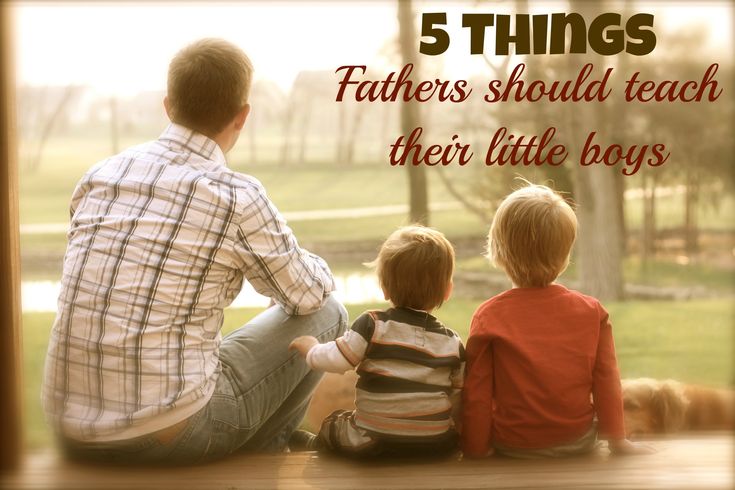 The goal is to help programs reach more young fathers; influence research, practice, and policy to better address young fathers’ needs; and improve the lives of young fathers and their families.
The goal is to help programs reach more young fathers; influence research, practice, and policy to better address young fathers’ needs; and improve the lives of young fathers and their families. - Follow recommendations from evidence-based resources when developing programs for young fathers. This Center for the Study of Social Policy brief makes child welfare system policy and practice change recommendations that recognize the critical role young fathers can play in improving the outcomes of their children and families. The brief highlights state and local policies; programs that identify, engage, and support young fathers; and the voices of young fathers’ experiences. It also provides links to practice guides and other resources to support implementation.
- Understand young fathers’ challenges and provide resources to support involvement in their child’s life. Research indicates that young fathers often deal with complex identity changes, experience significant financial hardship, require legal advice for maintaining contact with their child, need male-tailored parenting advice, and can benefit from improving their relationship with the child’s mother.
 Parenting programs can support young fathers by providing these resources, which in turn can improve their relationship with their children.
Parenting programs can support young fathers by providing these resources, which in turn can improve their relationship with their children.
FAQs
What are the demographics of young fathers?
About 2% of male teens (age 15-19) have fathered a child, compared to 14% of young men in their early twenties (age 20-24). Hispanic and black teens are more than twice as likely to be fathers compared to their white peers. About 25% of Hispanic men and 20% of black men between the ages of 20 and 24 are fathers, compared to roughly 10% of their white counterparts.
What are some of the risk factors for adolescent fatherhood?
Several studies indicate adolescent fatherhood is associated with multiple risk factors including low self-esteem, addiction issues, relationship issues, and father absence during childhood and these factors appear to equate with the specific support needs of young fathers.
What are the benefits of young father involvement with the mother during pregnancy?
When fathers are involved during pregnancy, teen mothers are more likely to receive adequate prenatal care, especially during the critical first trimester, are less likely to smoke, and report fewer depressive symptoms.
Explore More
Ten Coparenting Tips for the Holidays
DadTalk Blog
Helping Young Fathers Make Decisions: A Discussion Brief for Practitioners.
Library
Find A Fatherhood Program
Search for a Fatherhood Program
Such as "Washington DC" or "20002"
- 1 Current: Step 1/3
- 2 Step 2/3
- 3 Step 3/3
Dad Joke Bot
Want to hear a Dad Joke?
Famous fathers
(4932) 33 42 77
Get help
The remarkable Russian poet, playwright Alexander Sergeevich Griboedov said: "There is no need for another model when the father's example is in the eyes. " Many great figures in world history and culture were wonderful fathers. Being a good father is a true talent.
" Many great figures in world history and culture were wonderful fathers. Being a good father is a true talent.
Sovereign Nicholas II was the father of his five children (Tsarevich Alexei and the Grand Duchesses Olga, Tatiana, Maria, Anastasia), while being the father of millions of subjects. This exclusive leading role of his in the state left a considerable imprint on the relationship with children. The paternal love of Nicholas II was of exceptional tenderness. He lived for his children and was proud of them. Pierre Gilliard, who was in close contact, as the tutor of Tsarevich Alexei Nikolayevich, with the family of the last emperor, admired the relationship of Emperor Nikolai Alexandrovich with children: “Their relationship with the sovereign was charming. He was for them both a king, a father and a comrade. The feelings they had for him They changed depending on the circumstances. They never made a mistake, how in each individual case to relate to the father and what expression is appropriate for this case.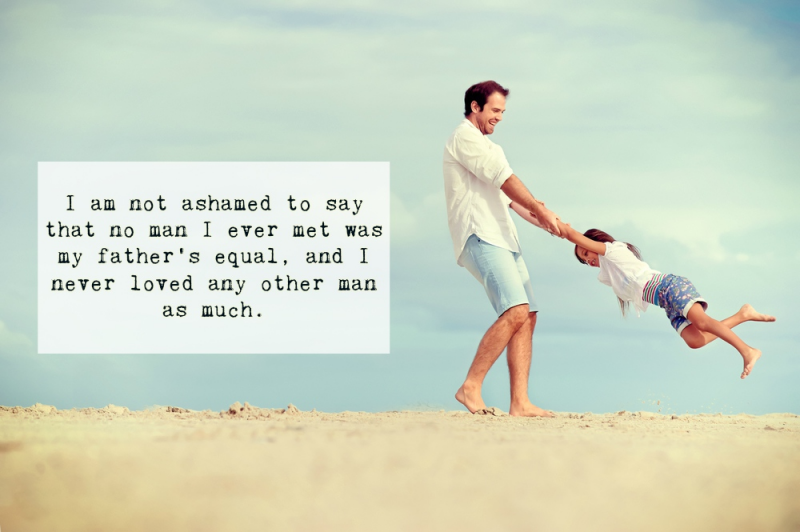 Their feeling passed from religious worship to complete gullibility and the most cordial friendship. After all, he was for them that before to whom ministers, high church hierarchs, grand dukes and their mother themselves respectfully bowed, then a father whose heart with such kindness opened to meet their concerns or sorrows, then, finally, to those who, far from immodest eyes, knew how to join them so cheerfully on occasion. young fun." The heir Tsarevich Alexei adored his father, and he adored him. It happened when Alexei spent many hours in bed during his illness, especially looking forward to his father's visits. "Putting his father on his bed, he asked him to tell about state affairs, about the regiments, of which he was the chief and which he missed. He carefully listened to the stories of the Sovereign from Russian history and about everything that lay outside his boring hospital bed. Emperor with great joy shared everything with him. And the greatest dream of the Sovereign in the "happy days" was to take care of raising his son himself.
Their feeling passed from religious worship to complete gullibility and the most cordial friendship. After all, he was for them that before to whom ministers, high church hierarchs, grand dukes and their mother themselves respectfully bowed, then a father whose heart with such kindness opened to meet their concerns or sorrows, then, finally, to those who, far from immodest eyes, knew how to join them so cheerfully on occasion. young fun." The heir Tsarevich Alexei adored his father, and he adored him. It happened when Alexei spent many hours in bed during his illness, especially looking forward to his father's visits. "Putting his father on his bed, he asked him to tell about state affairs, about the regiments, of which he was the chief and which he missed. He carefully listened to the stories of the Sovereign from Russian history and about everything that lay outside his boring hospital bed. Emperor with great joy shared everything with him. And the greatest dream of the Sovereign in the "happy days" was to take care of raising his son himself. For a number of reasons, then it was impossible. Subsequently, circumstances changed, and the Sovereign managed to fulfill his desire. He gave lessons Tsarevich in a gloomy house in Tobolsk. The lessons continued even in the poverty and squalor of Yekaterinburg imprisonment. But perhaps the most important lesson that the Heir and the rest of the members of the Royal Family learned was the lesson of Faith; it was faith in God that supported them and gave them strength in the most Hard times.
For a number of reasons, then it was impossible. Subsequently, circumstances changed, and the Sovereign managed to fulfill his desire. He gave lessons Tsarevich in a gloomy house in Tobolsk. The lessons continued even in the poverty and squalor of Yekaterinburg imprisonment. But perhaps the most important lesson that the Heir and the rest of the members of the Royal Family learned was the lesson of Faith; it was faith in God that supported them and gave them strength in the most Hard times.
Wolfgang Amadeus Mozart - great Austrian composer and virtuoso musician. One of the most popular classical composers, Mozart had a great influence on the world musical culture. Mozart's full name is John Theophrastus Wolfgangus Gottlieb Mozart. His first name is John in honor of John Chrysostom. Often added to the name of Mozart, Theophilius, Amadeus and Gottlieb are words in different languages meaning the same thing: "beloved by God." Mozart's first world concert tour took place when the young musician was 7 years old and lasted 3. 5 years. The boy gave concerts in Paris, London, a number of cities in Switzerland, Germany, Holland, Flanders, etc. And all this - thanks to the extraordinary pedagogical abilities of his father - Leopold Mozart, the father of seven children, whose textbook on teaching music was translated during his lifetime into many languages, including Russian. Mozart Jr.'s relationship with his father was amazing. Wolfgang's letters to his father Leopold have been preserved, at the end of each letter he sends ten thousand kisses to his father, and in response to his old man's grumbling he never dares to be impudent or cheerful, he is always respectful and restrained with his unusual openness and trust "beloved Papa". The most frequent expression in these letters is: "If God wills." God was the main support for the composer, and throughout his life he to some extent carried his childhood perception of the world order: “After God, only dad” ...
5 years. The boy gave concerts in Paris, London, a number of cities in Switzerland, Germany, Holland, Flanders, etc. And all this - thanks to the extraordinary pedagogical abilities of his father - Leopold Mozart, the father of seven children, whose textbook on teaching music was translated during his lifetime into many languages, including Russian. Mozart Jr.'s relationship with his father was amazing. Wolfgang's letters to his father Leopold have been preserved, at the end of each letter he sends ten thousand kisses to his father, and in response to his old man's grumbling he never dares to be impudent or cheerful, he is always respectful and restrained with his unusual openness and trust "beloved Papa". The most frequent expression in these letters is: "If God wills." God was the main support for the composer, and throughout his life he to some extent carried his childhood perception of the world order: “After God, only dad” ...
Holy Grand Duke Dimitry Donskoy - Russian commander, defender of the Moscow principality and all Russian lands, he united the Russian lands around Moscow, opposed the Golden Horde, defeated the Tatars in the Battle of Kulikovo. His marriage to the daughter of the Prince of Suzdal, Evdokia, is an example of a holy Christian family for all time. They had 12 children (8 sons and 4 daughters), the godfather of the two sons of Demetrius was the Monk Sergius of Radonezh, the rest of the heirs - another Russian saint - Demetrius of Prilutsky. It is difficult now to say how else, except by his own example, the Grand Duke raised his children. The main responsibility for education still lay with Princess Evdokia, while her husband fought with enemies and resolved issues of national importance. Dmitry loved his children, but at the same time he did not regret unnecessarily. Prince Dimitri died of a serious illness a few days after the birth of his youngest son. He was not yet 39years ... Before his death, he bequeathed to his wife to be now for the father and mother, to strengthen and instruct the children. He strictly ordered the children to maintain peace and love among themselves and respect their mother: “And whoever my son does not obey his mother, we will not have my blessing on that.
His marriage to the daughter of the Prince of Suzdal, Evdokia, is an example of a holy Christian family for all time. They had 12 children (8 sons and 4 daughters), the godfather of the two sons of Demetrius was the Monk Sergius of Radonezh, the rest of the heirs - another Russian saint - Demetrius of Prilutsky. It is difficult now to say how else, except by his own example, the Grand Duke raised his children. The main responsibility for education still lay with Princess Evdokia, while her husband fought with enemies and resolved issues of national importance. Dmitry loved his children, but at the same time he did not regret unnecessarily. Prince Dimitri died of a serious illness a few days after the birth of his youngest son. He was not yet 39years ... Before his death, he bequeathed to his wife to be now for the father and mother, to strengthen and instruct the children. He strictly ordered the children to maintain peace and love among themselves and respect their mother: “And whoever my son does not obey his mother, we will not have my blessing on that.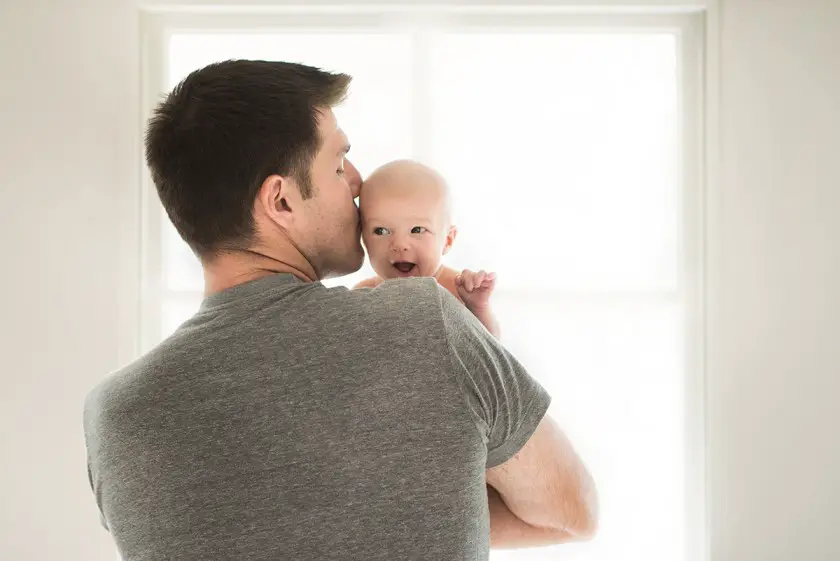 ”
”
Fyodor Mikhailovich Dostoevsky - the great Russian writer, classic of literature, thinker. He and his wife Maria Dmitrievna (Isaeva) had four children, but two of them died in infancy. Fedor Mikhailovich tried to make every effort so that the upbringing of his children would achieve its goal. He began to take care of children very early, when most fathers still keep their children in the nursery. He probably knew that he was not destined to see his children Lyuba and Fedya grow up, and he was in a hurry to plant good thoughts and feelings in their receptive souls. Dostoevsky read great writers to children, took them to the theater, asked the children about their impressions, and restored entire episodes of the studied works. In Dostoevsky's prose and journalism, one can see what the author considered the main vices of education. First of all, the neglectful attitude of adults to the inner world of the child, which never goes unnoticed by the child. Then there is the excessive intrusiveness of adults that irritates children.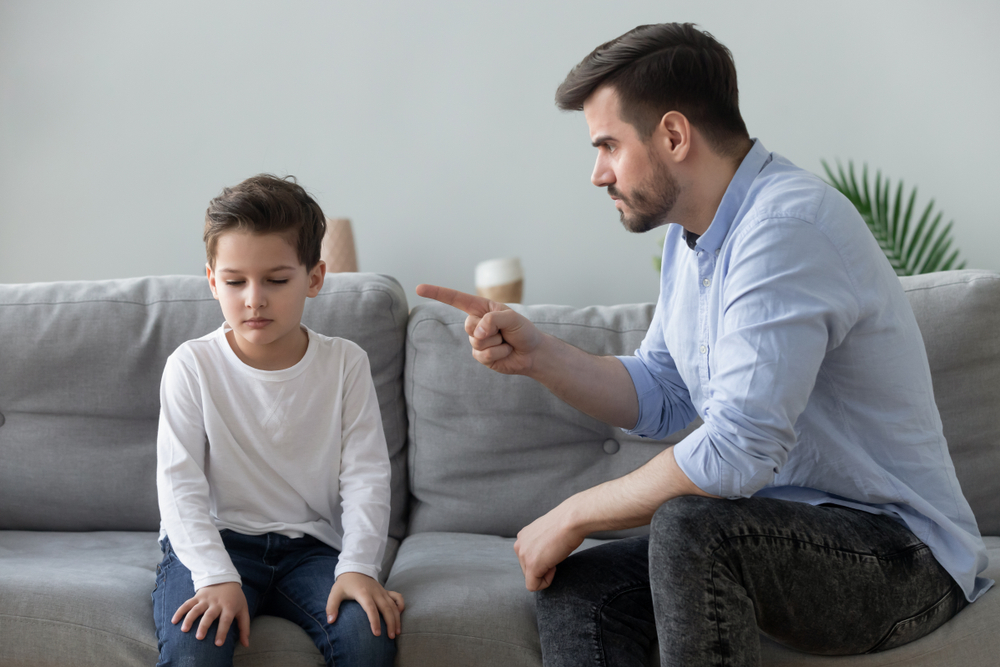 Then - bias, leading to erroneous conclusions about the nature of the child. He condemns cruelty to children, the suppression of any originality in them. Dostoevsky especially condemns flirting with children, blind love for them and the desire to make everything easier for the child. And he concludes: “First of all, we need to buy the hearts of our children with love, we need to give the child the sun, a bright example and at least a drop of love for him ... We teach, and they make us better only by one contact with them. We must be related to them in soul every hour.”
Then - bias, leading to erroneous conclusions about the nature of the child. He condemns cruelty to children, the suppression of any originality in them. Dostoevsky especially condemns flirting with children, blind love for them and the desire to make everything easier for the child. And he concludes: “First of all, we need to buy the hearts of our children with love, we need to give the child the sun, a bright example and at least a drop of love for him ... We teach, and they make us better only by one contact with them. We must be related to them in soul every hour.”
Rev. Silouan of Athos - "Russian Athonite". The famous revered Athos Elder Siluan (secular name - Semyon Ivanovich Antonov), glorified as a saint at the end of the 20th century, was born in the Tambov province, into a peasant family. Feeling his monastic vocation, he began to ask for the Kiev-Pechersk Lavra, but his father insisted that his son first complete military service. St. Silouan always spoke of his parents with reverence and love.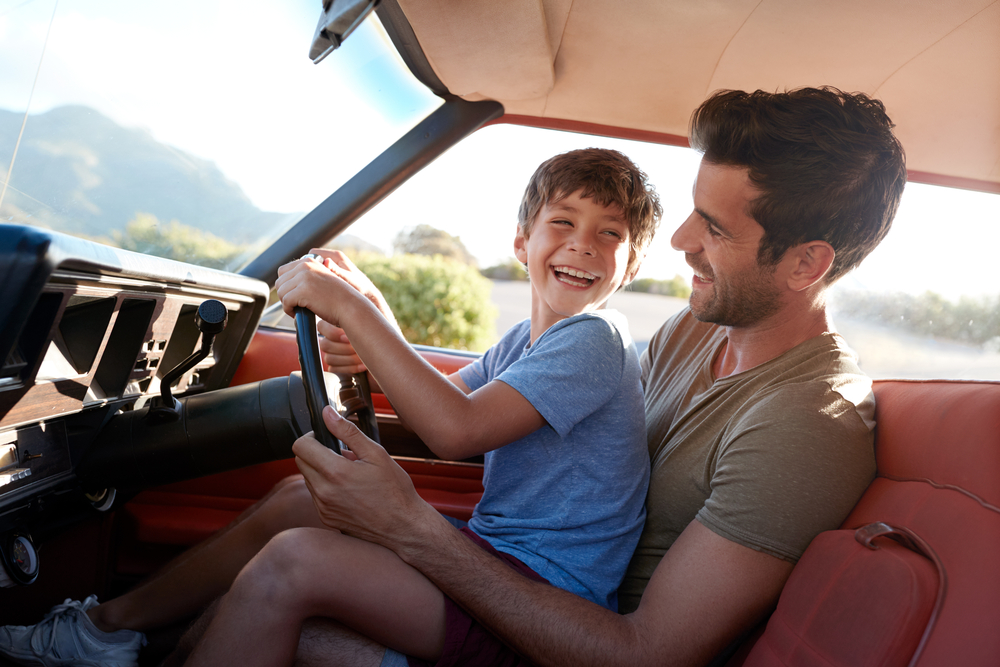 The father's example played a significant role in the formation of the young man's faith. They had a large family: father, mother, five brothers-sons and two daughters. They lived together and amicably. Adult brothers worked with their father. Once, during the harvest, Semyon had to cook lunch in the field, it was Friday, forgetting about it, he boiled pork, and everyone ate. Six months have passed since that day, already in the winter, on some holiday, the father says to Semyon with a soft smile:
The father's example played a significant role in the formation of the young man's faith. They had a large family: father, mother, five brothers-sons and two daughters. They lived together and amicably. Adult brothers worked with their father. Once, during the harvest, Semyon had to cook lunch in the field, it was Friday, forgetting about it, he boiled pork, and everyone ate. Six months have passed since that day, already in the winter, on some holiday, the father says to Semyon with a soft smile:
“Son, do you remember how you fed me pork in the field?” But it was Friday; you know, I ate it then as a bitch.
Why didn't you tell me then?
“Son, I didn’t mean to embarrass you.
Telling similar cases from his life in his father's house, the Elder added: “This is the kind of old man I would like to have: he never got irritated, he was always even and meek. Think about it, you endured it for half a year, waiting for a convenient moment to both correct me and not embarrass me.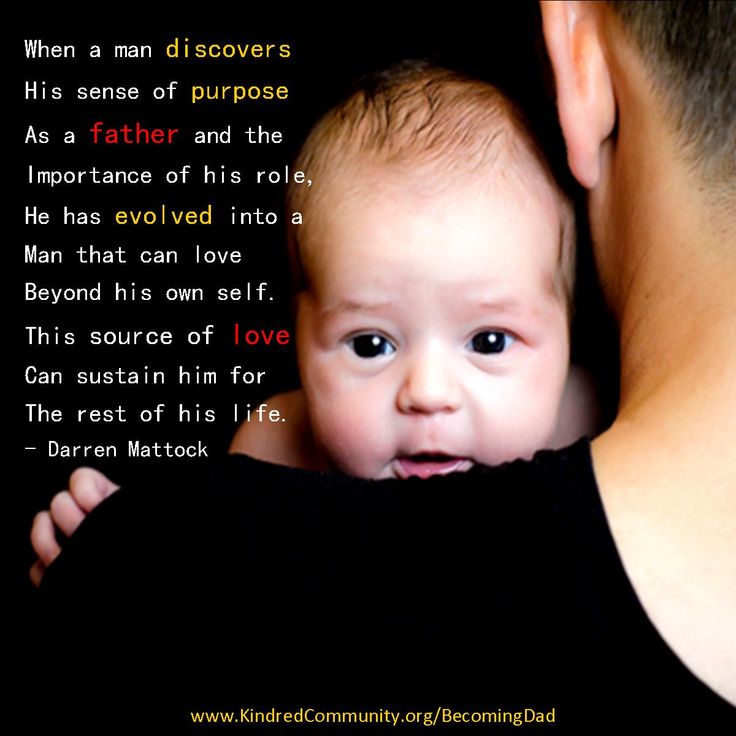
Fyodor Chaliapin - the famous Russian opera singer, he was a real embodiment of the broad Russian soul - loving, generous, living in a big way. The great singer was married twice - to the Italian ballerina Iola Tornaghi and to the rich, beautiful widow Maria Valentinovna Petzold. In total, he had nine children. In the first marriage - six (Igor, Boris, Fedor, Tatyana, Irina, Lydia), in the second - three (Martha, Marina, Dasia). Practically all Chaliapin's children connected themselves with art in one way or another. All the children adored their father, and Fyodor Ivanovich doted on them. And so he worked tirelessly, depriving himself of rest, worked endlessly, using all the reserves of his powerful organism, so that his family would not need anything. And for all that, he always found time not only to tell the children a bedtime story (and Chaliapin knew many of them, including from the “academic” Afanasiev collection), but also to play with them, and sometimes take a walk.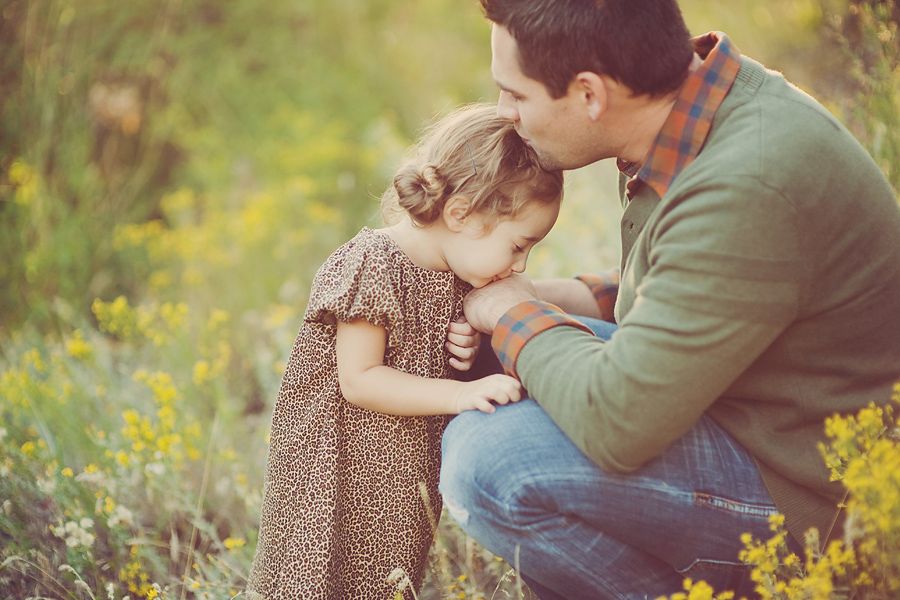 True, the walks were always short. As the daughter of Irina Chaliapin recalled, the artist was immediately recognized on the street, immediately surrounded and demanded an autograph. It was not possible to take a quiet walk. And I still had to return home. But already there, at home, the games sometimes became so interesting, noisy and long that they left already after midnight, while it was time for the children to sleep, and the mother had to drive the little ones under the covers, and the father - like a kind giant towering over everyone just smiled softly. Until the end of his life, even while in exile, Chaliapin continued to use every opportunity to sing in an opera or give a concert, and also recorded on gramophone records, which more and more came into fashion. “It is necessary to give a good education to children and open the way to life for them,” said the great singer.
True, the walks were always short. As the daughter of Irina Chaliapin recalled, the artist was immediately recognized on the street, immediately surrounded and demanded an autograph. It was not possible to take a quiet walk. And I still had to return home. But already there, at home, the games sometimes became so interesting, noisy and long that they left already after midnight, while it was time for the children to sleep, and the mother had to drive the little ones under the covers, and the father - like a kind giant towering over everyone just smiled softly. Until the end of his life, even while in exile, Chaliapin continued to use every opportunity to sing in an opera or give a concert, and also recorded on gramophone records, which more and more came into fashion. “It is necessary to give a good education to children and open the way to life for them,” said the great singer.
Leonid Pastern to - Russian artist, who posed for Rubinstein and Scriabin, Tolstoy and Gorky, Mechnikov and Einstein.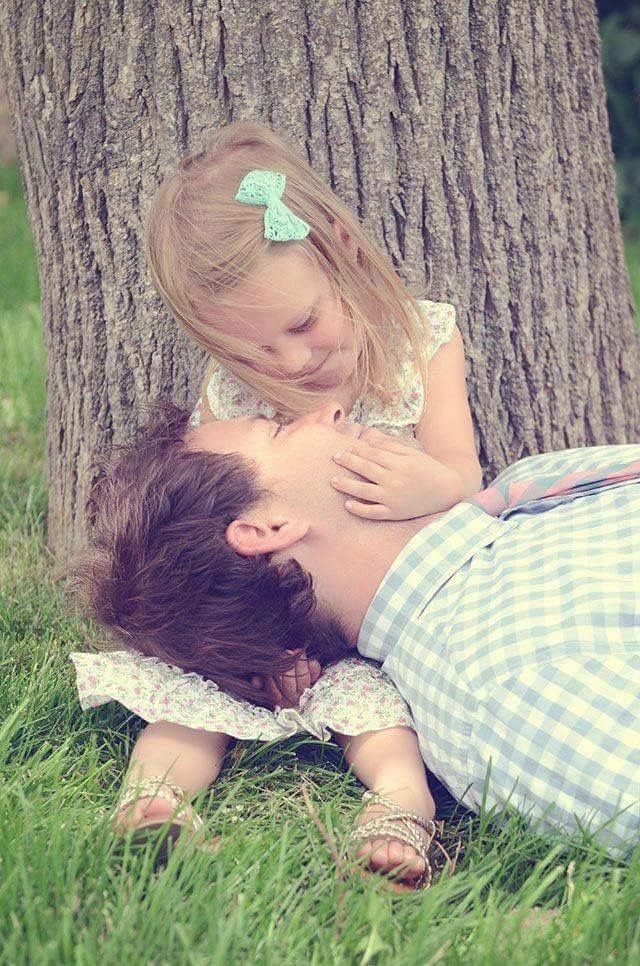 He was famous as a brilliant portrait painter and master of illustration. His paintings are kept by the largest museums in the world and hundreds of collectors. However, for many decades the name of Leonid Pasternak was forgotten. It is possible that the genius father was obscured by the shadow of a brilliant son, the poet Boris Pasternak a . Leonid Pasternak was born in Odessa, in a poor Jewish family. His parents Osip and Leah understood the happiness and success of their son in their own way and wanted "he to go out into the world." In other words, he got a "normal Jewish profession" - he would become a doctor or a lawyer. But Leonid from childhood showed good abilities and a great craving for drawing. To please his parents, he began to study at the medical faculty of Moscow University, but then he nevertheless entered the Munich Royal Academy of Arts, and became a wonderful artist. Pasternak happily married the talented pianist Rosalia Kaufman, a year later a son, Boris, was born in the Pasternak family.
He was famous as a brilliant portrait painter and master of illustration. His paintings are kept by the largest museums in the world and hundreds of collectors. However, for many decades the name of Leonid Pasternak was forgotten. It is possible that the genius father was obscured by the shadow of a brilliant son, the poet Boris Pasternak a . Leonid Pasternak was born in Odessa, in a poor Jewish family. His parents Osip and Leah understood the happiness and success of their son in their own way and wanted "he to go out into the world." In other words, he got a "normal Jewish profession" - he would become a doctor or a lawyer. But Leonid from childhood showed good abilities and a great craving for drawing. To please his parents, he began to study at the medical faculty of Moscow University, but then he nevertheless entered the Munich Royal Academy of Arts, and became a wonderful artist. Pasternak happily married the talented pianist Rosalia Kaufman, a year later a son, Boris, was born in the Pasternak family. Then - son Alexander and two daughters, Lydia and Josephine. Leonid Pasternak raised his children in an atmosphere of the highest culture, unlike his parents, he never interfered with the hobbies of his children, he always took their creative searches seriously. Most often, this approach can be seen in families where the parents themselves are artists in the broadest sense of the word. This is how Boris Pasternak was brought up. The father and mother wanted the son to find his place in life and be happy. And they strongly encouraged his hobbies - in all their creative diversity. From childhood, Boris communicated with family friends - what is worth one listing of names - Leo Tolstoy, Sergei Rachmaninov, Rainer Maria Rilke and many other prominent people. All this, of course, formed the inner world of the young man who would soon become one of the main poets of the 20th century.
Then - son Alexander and two daughters, Lydia and Josephine. Leonid Pasternak raised his children in an atmosphere of the highest culture, unlike his parents, he never interfered with the hobbies of his children, he always took their creative searches seriously. Most often, this approach can be seen in families where the parents themselves are artists in the broadest sense of the word. This is how Boris Pasternak was brought up. The father and mother wanted the son to find his place in life and be happy. And they strongly encouraged his hobbies - in all their creative diversity. From childhood, Boris communicated with family friends - what is worth one listing of names - Leo Tolstoy, Sergei Rachmaninov, Rainer Maria Rilke and many other prominent people. All this, of course, formed the inner world of the young man who would soon become one of the main poets of the 20th century.
Righteous Saint Alexy of Moscow (Mechev ) - rector of the Moscow church of St. Nicholas in Klenniki, prayer book and seer. With his wife Anna Petrovna Molchanova, they came from families of priests, and lived extremely happily until her death. Five children were born in the family - Alexandra, Anna, Alexei (died in infancy), Sergei and Olga. Mother Anna Petrovna, suffering severely from illness, died at the age of 36. And Father Alexy, whose sorrow was immeasurable, will soon open the path of elderhood: with his experience of love and sorrow, he will enter into the sorrow of thousands of people who will flock to the Moscow priest from all over Russia. After the death of his wife, Father Alexy continued to raise his four children. In addition, in the lower residential floor of the temple, the priest opened an elementary parochial school, and also arranged a shelter for orphans and children of poor parents. In their family, the traditions of the Orthodox Church, including the traditions of education, meant a lot. Sergei was the only son of Father Alexei, from childhood he helped his father in the altar, sang on the kliros, and Father Alexy really wanted to see him as his successor.
With his wife Anna Petrovna Molchanova, they came from families of priests, and lived extremely happily until her death. Five children were born in the family - Alexandra, Anna, Alexei (died in infancy), Sergei and Olga. Mother Anna Petrovna, suffering severely from illness, died at the age of 36. And Father Alexy, whose sorrow was immeasurable, will soon open the path of elderhood: with his experience of love and sorrow, he will enter into the sorrow of thousands of people who will flock to the Moscow priest from all over Russia. After the death of his wife, Father Alexy continued to raise his four children. In addition, in the lower residential floor of the temple, the priest opened an elementary parochial school, and also arranged a shelter for orphans and children of poor parents. In their family, the traditions of the Orthodox Church, including the traditions of education, meant a lot. Sergei was the only son of Father Alexei, from childhood he helped his father in the altar, sang on the kliros, and Father Alexy really wanted to see him as his successor.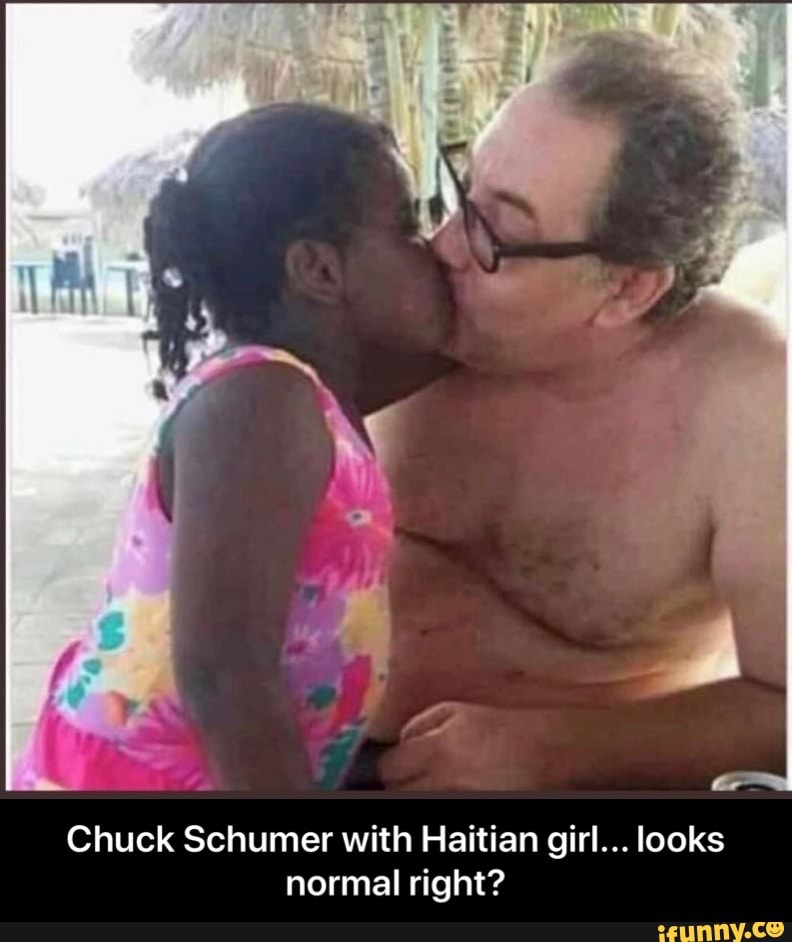 But being a staunch opponent of any manifestation of violence, he never expressed this to him, did not limit the freedom of his only son in choosing a life path. And all the more joy was for him the decision of his son to take the clergy. The decision is long-awaited, which came after receiving a secular education and several years of secular service. After ordination Sergiy Mechev in 1919, for the next four years, father and son served in the same church. Despite the most difficult period in the history of the country, it was the heyday of the Marose community. The spiritual gifts of Father Alexy, the extraordinary erudition and eloquence of Father Sergius, the exceptional beauty and power of worship in the Klennikovsky church attracted people, showed them the light in the gloomy hopelessness surrounding them. In those years, Father Alexy, who undoubtedly possessed the gift of spiritual vision, said unusual words: "My son will be higher than me." After the death of Fr. Alexei began a difficult time for Fr.
But being a staunch opponent of any manifestation of violence, he never expressed this to him, did not limit the freedom of his only son in choosing a life path. And all the more joy was for him the decision of his son to take the clergy. The decision is long-awaited, which came after receiving a secular education and several years of secular service. After ordination Sergiy Mechev in 1919, for the next four years, father and son served in the same church. Despite the most difficult period in the history of the country, it was the heyday of the Marose community. The spiritual gifts of Father Alexy, the extraordinary erudition and eloquence of Father Sergius, the exceptional beauty and power of worship in the Klennikovsky church attracted people, showed them the light in the gloomy hopelessness surrounding them. In those years, Father Alexy, who undoubtedly possessed the gift of spiritual vision, said unusual words: "My son will be higher than me." After the death of Fr. Alexei began a difficult time for Fr.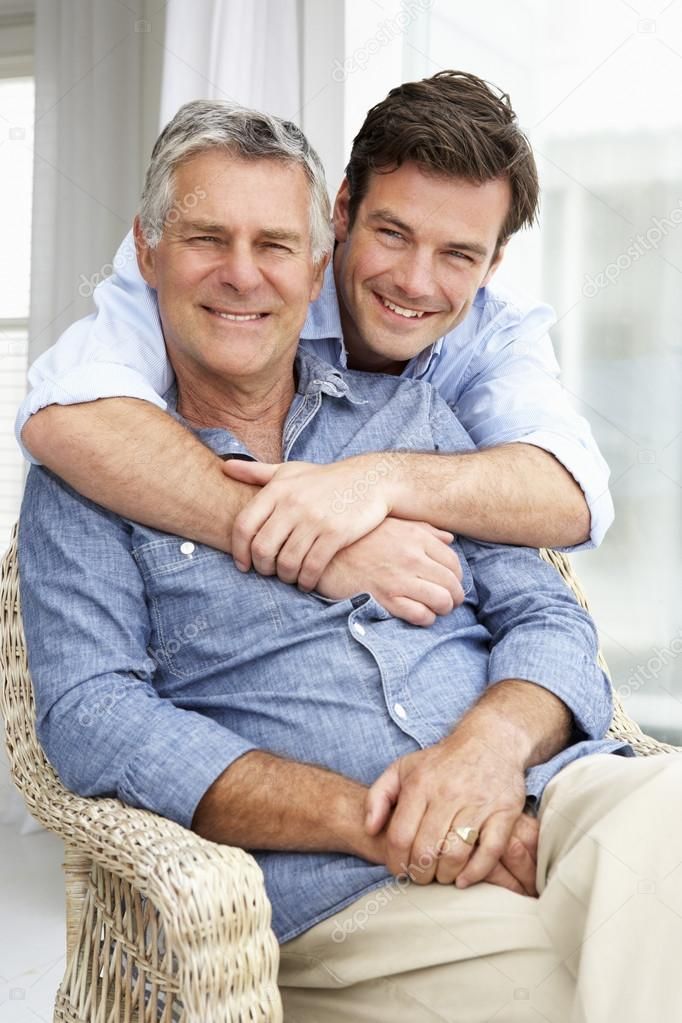 Sergius stage of life. Suddenly he was arrested, imprisoned in the Butyrka prison, where he concentrated on prayer and waited for the manifestation of God's will for himself. On the night of the 40th day after the death of Fr. Alexey o. Sergius distinctly felt his caress, the presence of his father. In subsequent years, Father Sergei went through several exiles. Shot on January 6, 1942 in the prison of the Yaroslavl NKVD. In August 2000, the Jubilee Council of Bishops of the Russian Orthodox Church glorified him in the assembly of the New Martyrs and Confessors of Russia. At the same time, his father Alexy Mechev was canonized.
Sergius stage of life. Suddenly he was arrested, imprisoned in the Butyrka prison, where he concentrated on prayer and waited for the manifestation of God's will for himself. On the night of the 40th day after the death of Fr. Alexey o. Sergius distinctly felt his caress, the presence of his father. In subsequent years, Father Sergei went through several exiles. Shot on January 6, 1942 in the prison of the Yaroslavl NKVD. In August 2000, the Jubilee Council of Bishops of the Russian Orthodox Church glorified him in the assembly of the New Martyrs and Confessors of Russia. At the same time, his father Alexy Mechev was canonized.
Yuri Gagarin - Soviet pilot who became the first person in world history to fly into outer space. Yuri Alekseevich and his wife Valentina Ivanovna (nee Goryacheva) had two daughters: Elena and Galina, who was born a month before the legendary flight of her father, on March 1961. Despite being very busy, the great cosmonaut tried to spend every free minute with his family. Yuri Alekseevich and his daughters adored animals, so there were a lot of them in the Gagarins' house. The pilot's wife resisted the zoo hobby, but later reconciled. Astronaut's daughter Elena Gagarina recalls that her dad was a real family man. He liked to create a festive atmosphere at home by receiving guests. Everyone was very good and having fun. Elena remembers very well that their house was always full of different people who came with dad. My father and his friends (and they were all excellent athletes) organized games - volleyball, football, hockey ... The wives cooked food, and then all together, with the children, went to the forest for a whole day to rest. Elena Gagarina recalled that he hardly spoke to her about his famous 108 minutes. Perhaps because he had to discuss this topic with a huge number of people, and he was humanly tired. But he talked a lot about his childhood, about how he grew up in the Smolensk region, how the war came there. Gagarin was always interested in history and literature.
Yuri Alekseevich and his daughters adored animals, so there were a lot of them in the Gagarins' house. The pilot's wife resisted the zoo hobby, but later reconciled. Astronaut's daughter Elena Gagarina recalls that her dad was a real family man. He liked to create a festive atmosphere at home by receiving guests. Everyone was very good and having fun. Elena remembers very well that their house was always full of different people who came with dad. My father and his friends (and they were all excellent athletes) organized games - volleyball, football, hockey ... The wives cooked food, and then all together, with the children, went to the forest for a whole day to rest. Elena Gagarina recalled that he hardly spoke to her about his famous 108 minutes. Perhaps because he had to discuss this topic with a huge number of people, and he was humanly tired. But he talked a lot about his childhood, about how he grew up in the Smolensk region, how the war came there. Gagarin was always interested in history and literature. He belonged to a generation that (historically) had very few opportunities. That is why after the end of the war, such people were eagerly interested in absolutely everything. Elena and Galina were very fond of evenings in the company of their father, who wanted his children to study well. The girls talked with dad about books and literature. Yuri Alekseevich loved poetry, knew many poems by heart and read them to his daughters with great pleasure. The main rule that parents insisted on in their upbringing is responsibility for their actions. Yuri Gagarin instilled in both daughters a love of sports and a healthy lifestyle, discipline. Gagarin's daughters were his greatest happiness in life, and no awards associated with space flight, even the most significant, could compare with this.
He belonged to a generation that (historically) had very few opportunities. That is why after the end of the war, such people were eagerly interested in absolutely everything. Elena and Galina were very fond of evenings in the company of their father, who wanted his children to study well. The girls talked with dad about books and literature. Yuri Alekseevich loved poetry, knew many poems by heart and read them to his daughters with great pleasure. The main rule that parents insisted on in their upbringing is responsibility for their actions. Yuri Gagarin instilled in both daughters a love of sports and a healthy lifestyle, discipline. Gagarin's daughters were his greatest happiness in life, and no awards associated with space flight, even the most significant, could compare with this.
Charles de Gaulle - French military and statesman, general, who became a symbol of the French Resistance during the Second World War. Founder and first president of the Fifth Republic. Charles de Gaulle and his wife Yvonne Vandru had three children: Philippe, Elisabeth and Anna, who was born seriously ill and completely changed her father's life. Shortly after birth, it became clear that Anna was suffering from Down syndrome. The de Gaulle family did not hide their daughter's diagnosis, but they did not want to discuss it with anyone either. All worries about the baby were taken over by their close-knit family. “We would give up everything: wealth, ambition, luck, if it helped Anna’s health,” Madame de Gaulle wrote to a friend when the girl was one year old. Anna received special care, even treatment, which, however, could not help. The father was absolutely devoted to his baby. It is said that the only word that Anna could clearly pronounce was the word "dad". The maid, who worked in the family, saw General de Gaulle crawling on all fours, playing with her daughter, and singing a song to her: "You are beautiful, mademoiselle ...". Returning from work, Charles first of all went to the room of his youngest daughter, sat her on her knees, kissed her and sang praises to her outfits.
Charles de Gaulle and his wife Yvonne Vandru had three children: Philippe, Elisabeth and Anna, who was born seriously ill and completely changed her father's life. Shortly after birth, it became clear that Anna was suffering from Down syndrome. The de Gaulle family did not hide their daughter's diagnosis, but they did not want to discuss it with anyone either. All worries about the baby were taken over by their close-knit family. “We would give up everything: wealth, ambition, luck, if it helped Anna’s health,” Madame de Gaulle wrote to a friend when the girl was one year old. Anna received special care, even treatment, which, however, could not help. The father was absolutely devoted to his baby. It is said that the only word that Anna could clearly pronounce was the word "dad". The maid, who worked in the family, saw General de Gaulle crawling on all fours, playing with her daughter, and singing a song to her: "You are beautiful, mademoiselle ...". Returning from work, Charles first of all went to the room of his youngest daughter, sat her on her knees, kissed her and sang praises to her outfits.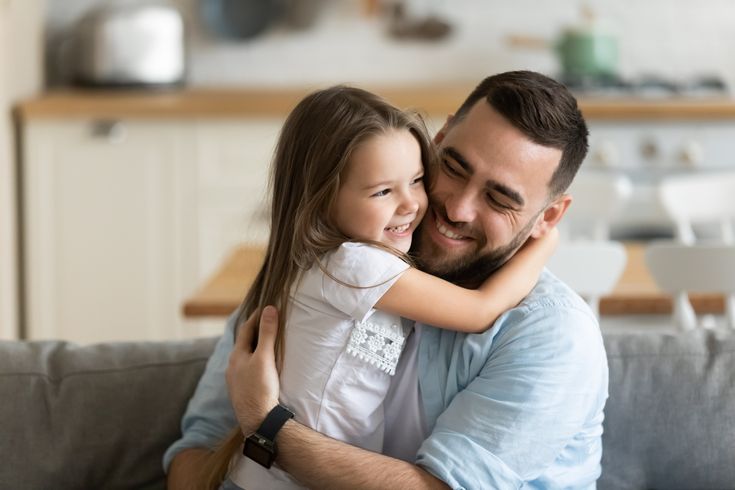 She loved to play with his military cap and fell asleep in his arms. The officers who served under de Gaulle recalled how they went on maneuvers with him. Far from family and home, the commander ordered a car every night to drive 140 kilometers and see Anna, hold her in his arms, and then leave again and return to his post. At 1945 Yvon founded the Anne de Gaulle Foundation to help children with Down syndrome. Three years later, Anna died, and the general kept his photograph with his daughter all his life ... De Gaulle had a stern character, hardened by the war and years of service. But Anna's suffering still resonated in his heart. After all, the fact that he did not show his feelings did not mean that they did not exist at all. De Gaulle's biographer Jean Lacouture relates the words spoken by the general to his doctor: “Without Anna, perhaps I would not have achieved what I have achieved. She gave me so much heart, so much spirit." At 19On the 40th, already during the Second World War, Charles de Gaulle led a tank division against the Germans and spoke with the regimental priest.
She loved to play with his military cap and fell asleep in his arms. The officers who served under de Gaulle recalled how they went on maneuvers with him. Far from family and home, the commander ordered a car every night to drive 140 kilometers and see Anna, hold her in his arms, and then leave again and return to his post. At 1945 Yvon founded the Anne de Gaulle Foundation to help children with Down syndrome. Three years later, Anna died, and the general kept his photograph with his daughter all his life ... De Gaulle had a stern character, hardened by the war and years of service. But Anna's suffering still resonated in his heart. After all, the fact that he did not show his feelings did not mean that they did not exist at all. De Gaulle's biographer Jean Lacouture relates the words spoken by the general to his doctor: “Without Anna, perhaps I would not have achieved what I have achieved. She gave me so much heart, so much spirit." At 19On the 40th, already during the Second World War, Charles de Gaulle led a tank division against the Germans and spoke with the regimental priest.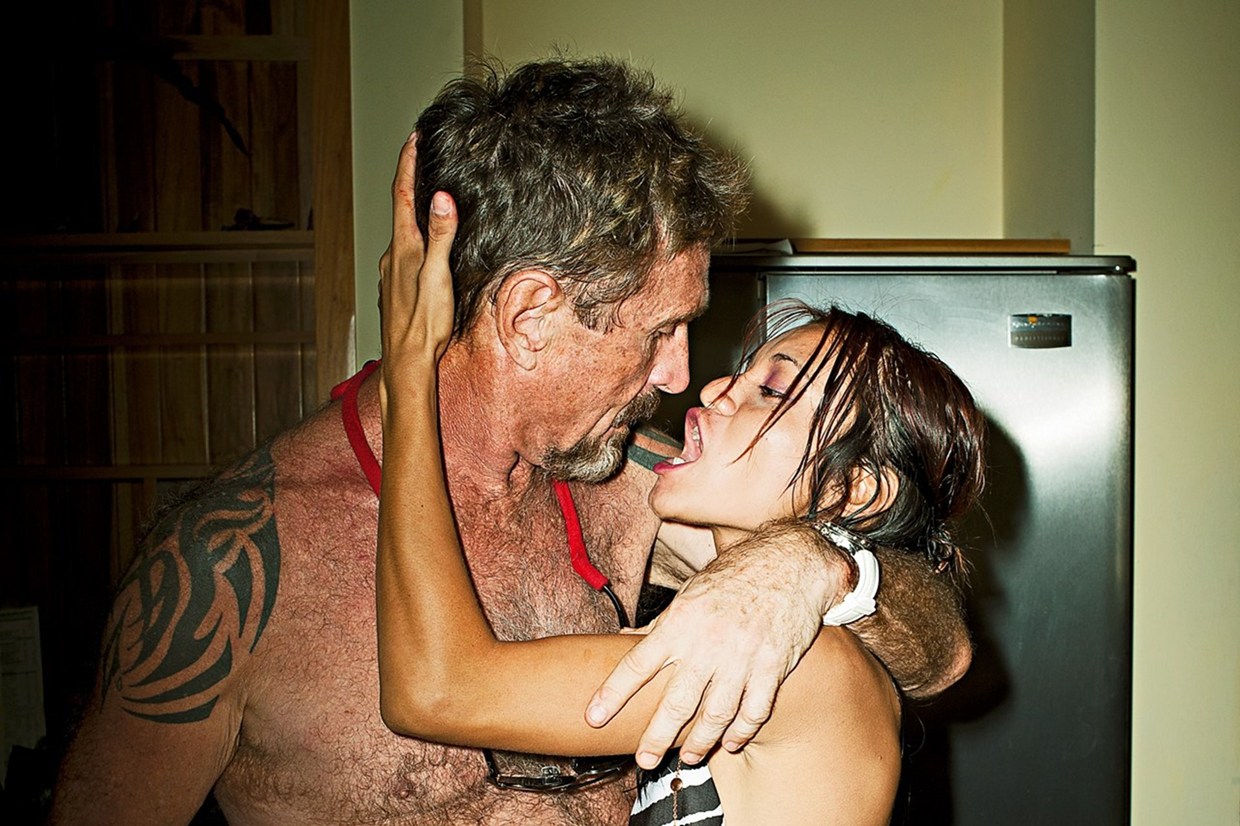 Of course, about the daughter. “Believe me, for a father this is a very big test,” he admitted, “but for me it is also a real blessing. This child is my joy. Anna helped me rise above fame and failure, taught me to be above circumstances.
Of course, about the daughter. “Believe me, for a father this is a very big test,” he admitted, “but for me it is also a real blessing. This child is my joy. Anna helped me rise above fame and failure, taught me to be above circumstances.
The article uses materials from the following sources:
- Website Pravoslavie.ru
- Database of New Martyrs and Confessors of the Russian Orthodox Church of the XX century.
- Magazine for dads BATYA. Parenting. Online publication for parents and children.
- Information agency RIA-Novosti
- Livejournal livejournal.com
- Site Biography biography-life.ru
- Website peoples.ru
- Site liveinternet.ru
Nikita Volkov: “I wanted to become a young father” - Stars
Interview
The actor manages not only to act in films - he is already a happy husband and father. About family traditions and son - in an interview
Elena Gribkova
December 23, 2022 13:17
Nikita Volkov
Photo: Igor Vavilov
Nikita Volkov is one of those who knows how to find the right balance in life - he is not yet thirty , and he is not only a promising actor, but also a happy husband and father.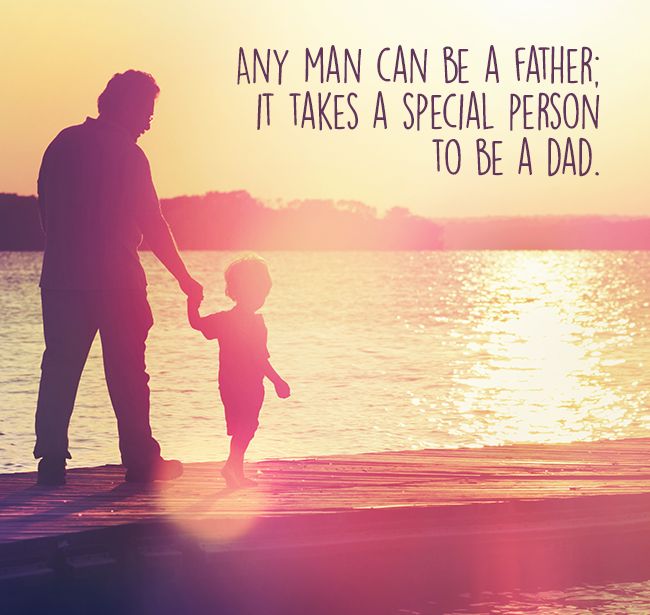 About the ability to focus on the main thing - in an interview with Atmosfera magazine.
About the ability to focus on the main thing - in an interview with Atmosfera magazine.
— Nikita, you are a native of St. Petersburg, but at the beginning of this year you and your family moved to Moscow. Have you already purchased a home or are you currently renting?
— Now we are renting an apartment in the center. In the future, of course, we want to buy our own. There is also a country house in the distant plans, but it is still too early to think about it. In fact, I came to Moscow quite often in connection with work, and therefore I do not need to get used to the city - I feel quite comfortable here.
— However, you admitted that after all, moving is a challenge to yourself, and you tend to put yourself to the test from time to time…
— We all set certain tasks for ourselves and strive to achieve goals. Because standing still won't accomplish anything. No wonder Brecht wisely said that if nothing is moved, then it will not move anywhere. I am very close to this approach. Like the other one: if you want to have the life you never lived, you have to do what you never did. You should be prepared for this.
I am very close to this approach. Like the other one: if you want to have the life you never lived, you have to do what you never did. You should be prepared for this.
— Now you are in Moscow, but can you tell us about your St. Petersburg, not a postcard one?
— I love Vasilyevsky Island — I grew up there. Krestovsky Island, the Petrograd side... There is some special aura in these places. In general, wherever there is water, it's a thrill! I remember that in the breaks between the rehearsal and the performance, I went out to the Fontanka, drank coffee - for me it was like a calming meditation. But I'd be lying if I said that I miss Petersburg. I knew for a long time that I was ready to move on. Now I like this new feeling of a guest when I come to the city to act in performances.
“During the breaks between rehearsals, I went out to the Fontanka and drank coffee. It was like meditation. But I'd be lying if I said I miss Peter.”
Photo: Igor Vavilov
— There is a feeling that you are a stayer by nature, who knows how to distribute strength for long marathons.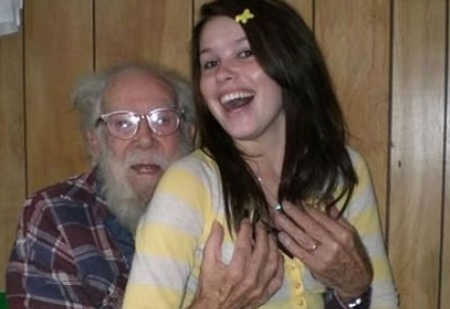 Or I'm wrong?
Or I'm wrong?
- No, that's exactly how it is. My classmates at the St. Petersburg State Academy of Theater Arts even joked with me, saying: “Here Volkov knows how to distribute!” At the same time, it is interesting that when I was swimming as a teenager, I was a sprinter - I gave all my best at short distances, and I was not particularly enough for long ones. In my youth, I still did not understand how to save strength and give them out at the right time. This knowledge comes with experience. Today, when there are rehearsals in the morning, shooting in the afternoon, and tests in the evening, for example, you cannot afford to give out everything at once 100% - you simply won’t be enough.
— You mentioned swimming, where you showed great promise, why did you decide to leave the big sport?
— Then a number of changes took place in our team, after which I realized that I had to finish. And I don't regret it. Now I enjoy going to the pool sometimes.
— You don't keep it a secret that when you became an actor, you thought only about cinema, and only your master, Yuri Butusov, made you fall in love with the theater. After graduation, you began to play in the Theater. Lensoviet, at the Brecht Theater ... Are you going out onto the stage now?
- In the production of "Demons" and "We are all beautiful people" - come! I hope that I will also play in Moscow. As for Yuri Nikolayevich, he is, of course, an outstanding director who breaks stereotypes. I was lucky with directors, and I consider my filmography worthy. Actually, there is not a single project for which I would be ashamed.
While studying at the theater institute, Nikita played in the film "Two Women" directed by Vera Glagoleva. His partner was Hollywood actor Ralph Fiennes
Photo: Igor Vavilov
— In an interview, you said that you were thinking about a career as a lawyer. But, entering the theater, they immediately went to three masters.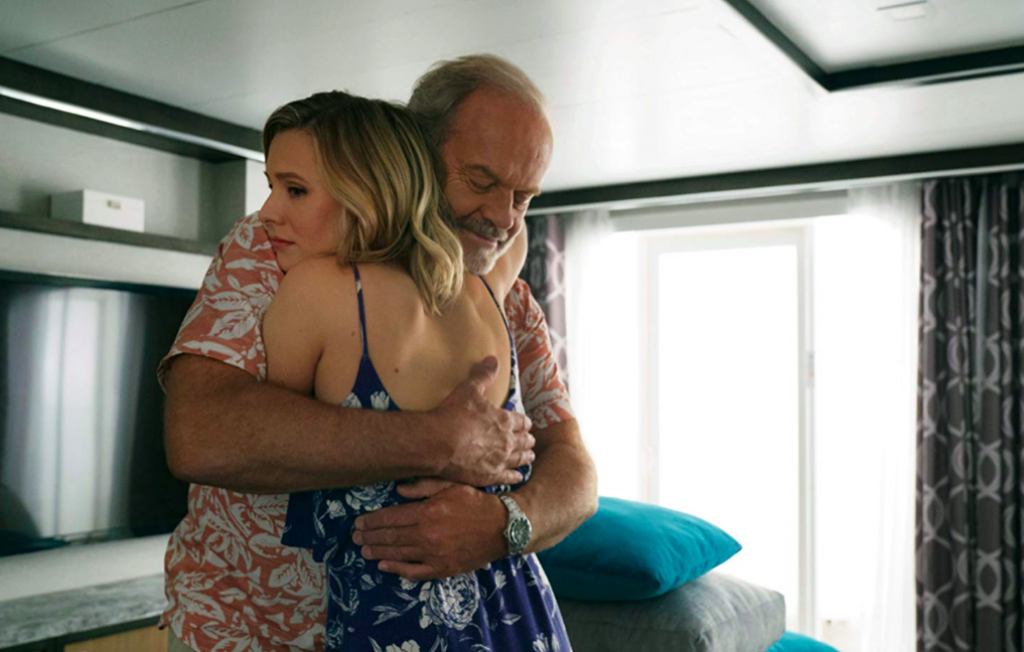 Did you take this as a sign that you have chosen the right path?
Did you take this as a sign that you have chosen the right path?
Probably. Somehow I easily slipped through to the third round, took a chance and eventually chose this university.
— The acting world has gained you, but the lawyer's has lost you. Did you then dream of protecting the weak, upholding justice?
— I was like that in those years, right. I saw myself as a noble character. And over time, when you study the profession in detail, you watch a lot of films, you see how good the villains are, how much motivation they have. (Smiling.) To some extent, you even fall under their devilish charm.
— Which character from world literature do you like?
- Peer Gynt Ibsen, Mackie the Knife from The Threepenny Opera, Ivanov Anton Pavlovich Chekhov.
- You used to be fond of computer games. And now?
- I abandoned them when I was a student. Now I am engaged in exclusively active sports - football, basketball, snowboarding. In addition, I have a wife, a child, and I devote my free time to them.
In addition, I have a wife, a child, and I devote my free time to them.
“I have always had the mindset to get married before the age of twenty-five, because I wanted to become a young father”
Photo: Igor Vavilov
— Your son Luka is three years old. Who came up with the boy's name?
- I named him Lucian. At first we were expecting a girl, we had already decided what her name would be, but when we found out that a boy would be born, we immediately decided that we wouldn’t choose among Slavic names, but we wouldn’t show off too much either - we were looking for something optimal. And then we were just having the World Cup, I am a passionate fan, we watched almost all the matches, and one day I suggested to my wife: “There are twenty-two athletes running around the field, let's choose a name among them.” Lena does not understand football, but the name Luka Modric from the Croatian national team seemed most sonorous to her. It is clear that we did not name our son after him.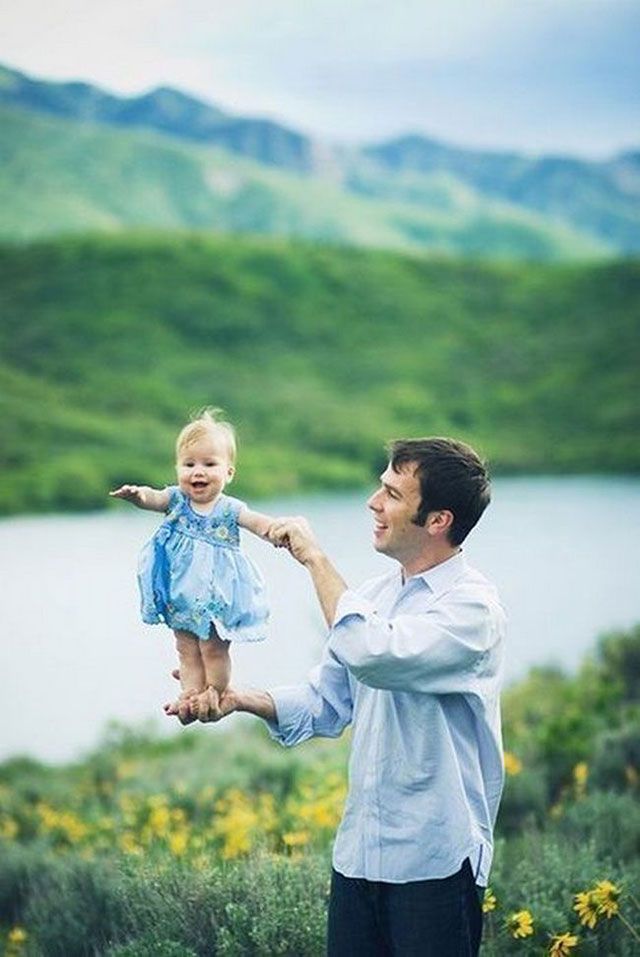 Moreover, the child has both a full name and an abbreviated one. And even more affectionate - we call him Luchik. (Smiling.) By the way, the name is very suitable.
Moreover, the child has both a full name and an abbreviated one. And even more affectionate - we call him Luchik. (Smiling.) By the way, the name is very suitable.
— Is he already showing character?
— Yes, Luka is a real artist! Maybe because I make faces at home, and he copies me. Luka not only looks like me, but sometimes he exactly repeats my postures and movements. Surprisingly, he comes up and leans on the door, like me. Or he often asks: “Dad, what cap are you going to wear today? Green or black? And he wants the same. Or that we put on sneakers of the same company together. And such things, by the way, give rise to a huge internal responsibility: you can no longer afford some actions, statements, because the child will instantly appropriate it and will try. So you need to take care of yourself.
— Will you introduce the guy to sports in the future?
- Mandatory. And he will play football, and now we are already going to the playground together, throwing the ball into the ring, hitting the goal, trying tricks. Luka is great at heeling. I didn't do that at his age. So I'm surprised at him.
Luka is great at heeling. I didn't do that at his age. So I'm surprised at him.
“I came across a chewing gum “Love is…”, and it was written there: love is when you know that she is a good mother. I saw it in Lena”
Photo: Igor Vavilov
— What should be the upbringing of a boy, in your opinion?
- He needs to be given freedom and then see what comes of it. I think so, at least. This does not mean at all that it should be left to itself and pulled away, no. You just need to open up space for him to choose, and not drive him into a bunch of circles and sections. As a child, I only had swimming and dancing, and I somehow consciously went everywhere, and managed to do everything.
- New Year is coming soon. Are you going to arrange a fabulous celebration for your son? Did you yourself, as a child, love this holiday?
— We have a tradition of decorating the Christmas tree with our son to Soviet New Year songs for children, searching for gifts under it, old films. We do not launch fireworks, because at this time children can sleep at this time and dogs are scared. Neither the costumes of bunnies nor the invited Snow Maidens took root with us. Lena decorates the table very beautifully, they teach poetry with Luka ... In general, a warm, homely atmosphere. If we are talking about Santa Claus, then in our family the attitude towards him is simple - this is a character from a fairy tale. Why cheat on a child? We buy gifts for our son on his behalf. But in my childhood there was a classic version of sending a letter to Santa Claus. For some reason, I always expected a better gift from him than from my parents, which, in fact, happened, although it is clear that both were from them. Some strange deception in the name of magic, I’m sure that children always play along, that they supposedly believe that the very real Frost came to them from Veliky Ustyug ... New Year in the family circle in my childhood always followed the same scenario: at nine in the evening the TV turned on, the “Irony of Fate” was on, at half past ten a general gathering was announced, a table was prepared, then the chimes were beaten, mountains of salads were consumed, gifts were sorted out, then fireworks went on, and after one in the morning - unbridled fun, dancing until you drop, always some costumes, contests, and now it's already seven in the morning.
We do not launch fireworks, because at this time children can sleep at this time and dogs are scared. Neither the costumes of bunnies nor the invited Snow Maidens took root with us. Lena decorates the table very beautifully, they teach poetry with Luka ... In general, a warm, homely atmosphere. If we are talking about Santa Claus, then in our family the attitude towards him is simple - this is a character from a fairy tale. Why cheat on a child? We buy gifts for our son on his behalf. But in my childhood there was a classic version of sending a letter to Santa Claus. For some reason, I always expected a better gift from him than from my parents, which, in fact, happened, although it is clear that both were from them. Some strange deception in the name of magic, I’m sure that children always play along, that they supposedly believe that the very real Frost came to them from Veliky Ustyug ... New Year in the family circle in my childhood always followed the same scenario: at nine in the evening the TV turned on, the “Irony of Fate” was on, at half past ten a general gathering was announced, a table was prepared, then the chimes were beaten, mountains of salads were consumed, gifts were sorted out, then fireworks went on, and after one in the morning - unbridled fun, dancing until you drop, always some costumes, contests, and now it's already seven in the morning. (Smiling.)
(Smiling.)
— Your wife Elena, a former model, was involved in the film business. Is she in the same field now?
— No, she is currently a personal stylist. She has great taste and this activity suits her perfectly.
- You met at the Draft project. How did she "hook" you?
- Everything is rather prosaic - an office romance. Love at first sight. I am a romantic, so I courted beautifully. (Smiles.) I remember once I came across the popular chewing gum “Love is…”, and it was written there that love is when you know that she is a good mother. I immediately saw it in Lena and felt it. In addition, she is incredibly lively, natural, and this is her charm.
In his youth, the actor was fond of computer games, but now he prefers active sports: football, basketball, snowboarding and goes to the pool
Photo: Igor Vavilov that you grew up without a father, you yourself always aspired to a family…
— You are mistaken about women — I am not a follower, I make my own decisions.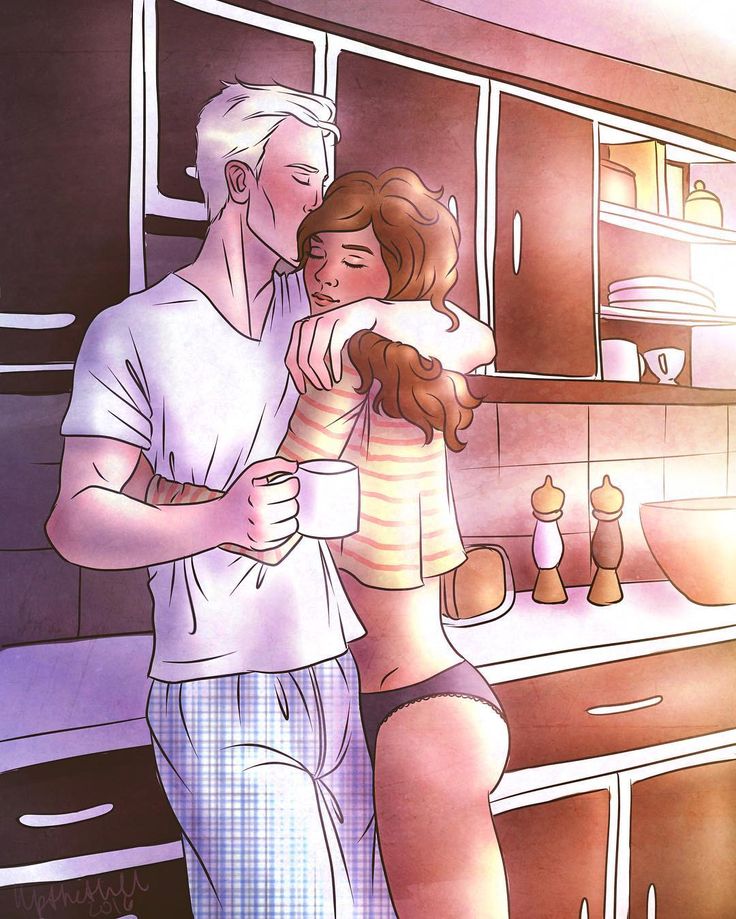 But what about family - yes, I got married before the age of twenty-five, because I always had the intention of becoming a young father. I would very much like that when I turn fifty, the children would already be adults. The option, when the father is seventy, and the child is ten years old, did not suit me at all - in this case, I will no longer be able to keep him company in sports games. And it's great when, due to a relatively small difference in age, you are able to share leisure time with your children.
But what about family - yes, I got married before the age of twenty-five, because I always had the intention of becoming a young father. I would very much like that when I turn fifty, the children would already be adults. The option, when the father is seventy, and the child is ten years old, did not suit me at all - in this case, I will no longer be able to keep him company in sports games. And it's great when, due to a relatively small difference in age, you are able to share leisure time with your children.
— In one of your interviews, you told a lovely story about how one day, having easily jumped over the fence, you caught the look of your grandfather, which clearly read the desire to do the same. And you promised yourself that you would do your best to fulfill all your plans…
— That's right, but if you want to make God laugh, tell Him about your plans. Therefore, I will not share them. I'd rather talk about the current work. Filming of the fourth season of the series "Difficult Teens" is currently underway.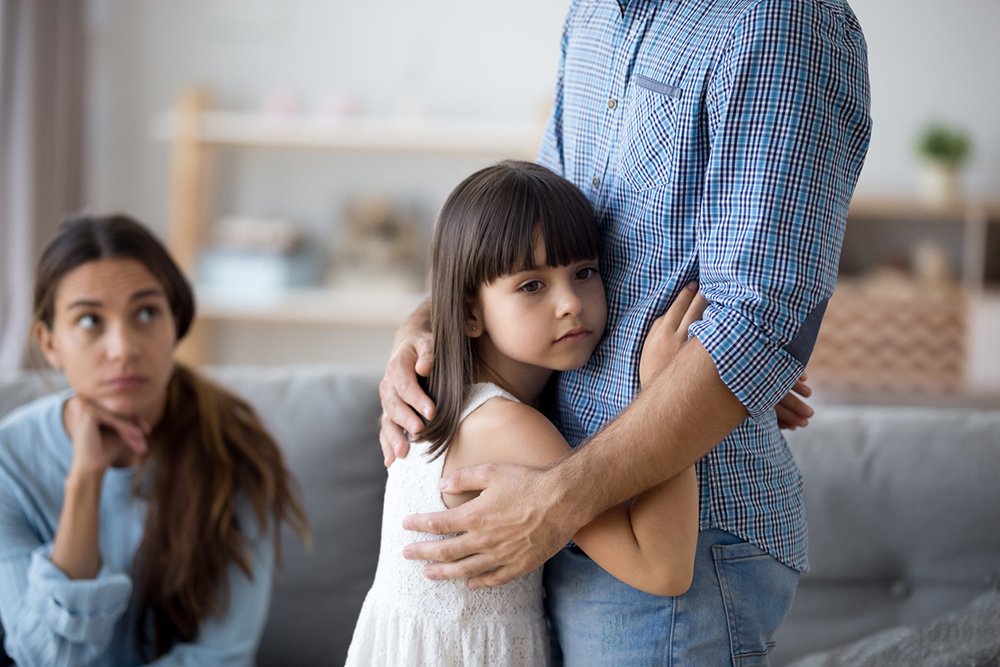 Also, the series “Let me turn” is already ready for one of the platforms. And at the beginning of this year, we finished a feature film about judo with the working title "Kretsul". This is a biographical story about two friends from Moldova - Oleg Cretsul and Vitaly Gligor, titled judo wrestlers. Oleg, after his wedding in Chisinau, got into a terrible car accident, lost his sight, but did not despair and, together with his friend, achieved success in the Paralympic Games. I play Oleg, and my friend and classmate Sergey Volkov plays Vitaly.
Also, the series “Let me turn” is already ready for one of the platforms. And at the beginning of this year, we finished a feature film about judo with the working title "Kretsul". This is a biographical story about two friends from Moldova - Oleg Cretsul and Vitaly Gligor, titled judo wrestlers. Oleg, after his wedding in Chisinau, got into a terrible car accident, lost his sight, but did not despair and, together with his friend, achieved success in the Paralympic Games. I play Oleg, and my friend and classmate Sergey Volkov plays Vitaly.
— You specifically select projects for yourself where there is a possibility of deep reincarnation: you stuttered in one, here you are in the role of a blind man…
— This is the essence of the profession. As well as the desire in no case to get a role. I really like to be different, to explore, I am constantly in search mode and I am not afraid to make a mistake. I'm afraid of only one thing - to get into something mediocre, so if only the financial component is attractive in the project, I refuse.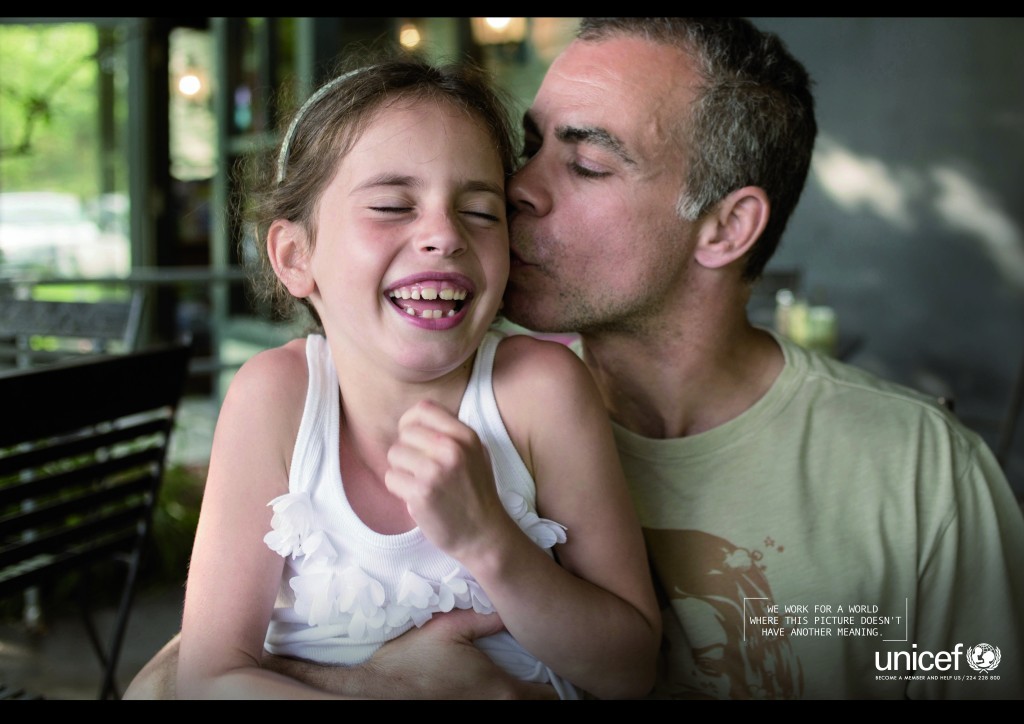 And on the stage, I like the attention of the audience, because you know that people came to watch the performance voluntarily. Well, about seventy percent somewhere. (Smiling.) And I literally won back this hero of mine, and that's why the feeling is doubly cooler. Director Alexandra Likhacheva approved my classmate right away, and at first she liked my samples, then she didn’t like them categorically, but I didn’t back down, I dared to write to her directly, I asked for an hour of time to show myself again. I was absolutely sure internally that this was my role. I can’t recommend everyone to do this, but in my case, perseverance worked.
And on the stage, I like the attention of the audience, because you know that people came to watch the performance voluntarily. Well, about seventy percent somewhere. (Smiling.) And I literally won back this hero of mine, and that's why the feeling is doubly cooler. Director Alexandra Likhacheva approved my classmate right away, and at first she liked my samples, then she didn’t like them categorically, but I didn’t back down, I dared to write to her directly, I asked for an hour of time to show myself again. I was absolutely sure internally that this was my role. I can’t recommend everyone to do this, but in my case, perseverance worked.
“In my childhood there was a classic way of sending a letter to Santa Claus. I always expected a better gift from him than from my parents.”
Photo: Igor Vavilov
— Recently, the premiere of the film “Sisters” took place on the big screen. The issue of domestic violence, alas, is relevant. Did the material attract you with a sharp, topical topic?
- It seems to me that the chosen genre is suitable for this story - horror, psychological thriller.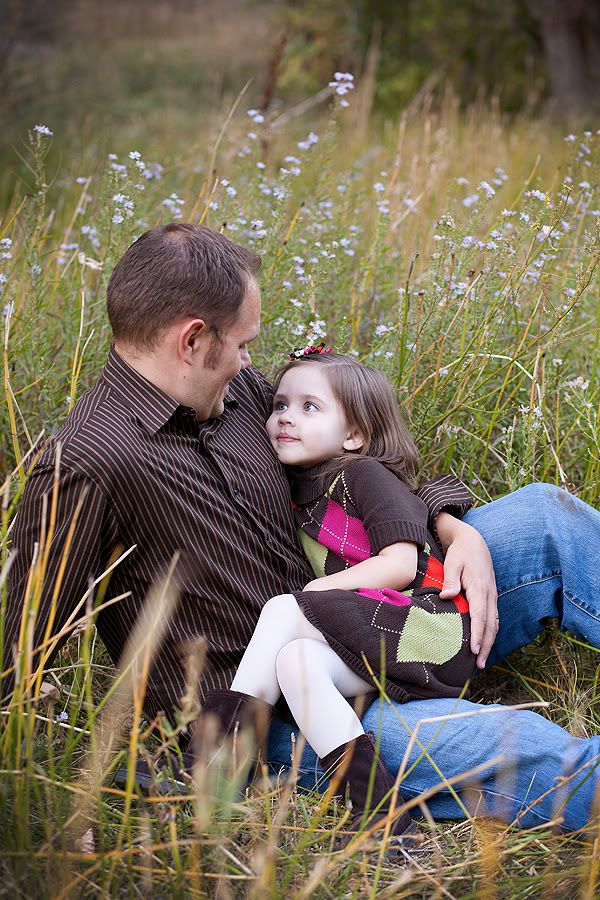 When you once encounter something like this, it is quite difficult to remain indifferent and indifferent to the situation. If you immerse yourself in this topic with your head, start visiting specialized communities, you can be horrified by how much cruelty is happening around us - in every house, in every entrance. I do not believe that our film will change anyone's fate, and it is unlikely that a wife will say to her abusive husband: "Let's go see a film about domestic violence." The important thing is that this film can open up this topic for our cinematography, become an impetus for new scripts and projects, and help strengthen the public discussion. And if this happens, then this will be our unconditional victory. Starting such a conversation is, of course, very important.
When you once encounter something like this, it is quite difficult to remain indifferent and indifferent to the situation. If you immerse yourself in this topic with your head, start visiting specialized communities, you can be horrified by how much cruelty is happening around us - in every house, in every entrance. I do not believe that our film will change anyone's fate, and it is unlikely that a wife will say to her abusive husband: "Let's go see a film about domestic violence." The important thing is that this film can open up this topic for our cinematography, become an impetus for new scripts and projects, and help strengthen the public discussion. And if this happens, then this will be our unconditional victory. Starting such a conversation is, of course, very important.
— Patriarchy reigns in our country, and it is all the more joyful to see that the number of women directors in the national cinema is increasing. Please share your impressions of working with them. In your opinion, is a film made by a woman different from a man's?
In your opinion, is a film made by a woman different from a man's?
— It seems to me that gender does not play any role in this profession, everything depends only on the specific person, on the individual. For example, I would say that Elena Nikolaeva, with whom we worked on the Fried Chicken project, is a person with a steel rod. She always knows what she wants to get in the frame from the artists, and for each of us she found the right words. She is Genius. I learned a lot from her. Vera Glagoleva was very sensitive and efficient. A low bow to her for what she saw in me, eighteen years old, those features that she saw in Belyaev. I think that now, having gained experience, I would play this character differently. But, perhaps, then the charm of that story would have disappeared? (Laughs.) For "Two Women" I also went through long painful auditions. But the game was worth the candle, such a debut is a great success in my life. And by the way, this is one of my wife Lena's favorite films.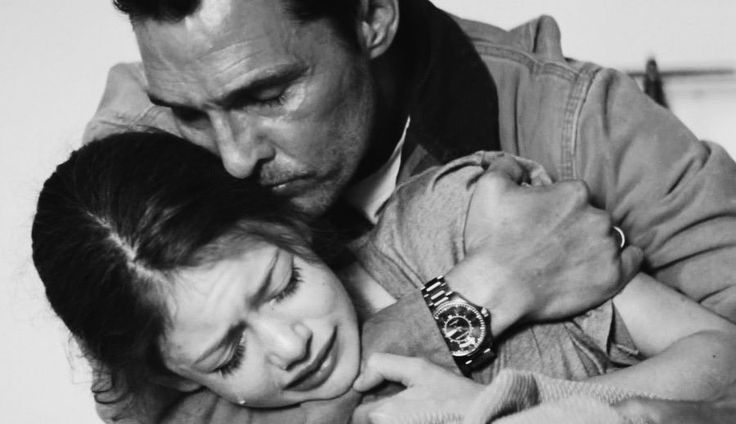
— What projects do you consider significant in your biography?
- As I said earlier, I am not ashamed of my entire filmography. But I want to highlight the following: “Two Women”, “Crisis of Tender Age”, “Draft”, “Koshchei. Beginning”, “Difficult Teens”, “Fried Chicken” and “Kretsul”.
“Vera Glagoleva was very sensitive and efficient. A deep bow to her for what she saw in me, at the age of eighteen, those features that she saw in Belyaev”
Photo: Igor Vavilov
- Once you admitted that you are a person of a strict plan. And next year is your 30th anniversary. Do you set big goals for yourself?
— When I celebrate my thirtieth birthday, then we'll talk to you. But in short, by the age of twenty-five, I had completed what I had planned.
Subscribe to our channel in Yandex.Zen
family, interview, son, Nikita Volkov
Pictures of the week: Sobchak came to Bondarchuk without her husband, Chaliapin introduced a new girlfriend
The most interesting news from the world of show business - in the new weekly video review WomanHit. ru
ru
Pugacheva shared a new video with her son and daughter: “Where does childhood go? It turns out, to Israel”
The prima donna showed how her evenings are spent abroad
Everything is calm in Baghdad: why go to Iraq
Babylon, the Hanging Gardens of Babylon, Caliph Haroun al-Rashid from “A Thousand and One Nights” and fabulous Baghdad where "everything is calm". It's all about Iraq. Of course, only the most desperate get here, but they discover the most amazing artifacts of the planet
How to make a wedding film yourself
Useful life hacks from director Oksana Nechaeva
Sergei Garmash: "My son is my sore spot"
The actor admits that he often loses in family battles
Krasovsky - about Sobchak: "She is monstrous illiterate, lives with a diploma issued through blasphemy”
Anton criticized Xenia’s words about the death of Vladlen Tatarsky
Liza Arzamasova: “No work can be more important than personal”
A talented actress, a young mother, and now a writer in an exclusive interview with WomanHit.